- Teacher: Suzanne Groth
Lewis & Clark Moodle
Resultados de la búsqueda: 711
Readings, critiques, and more involved assignments leading to in-depth discussions and approaches to understanding and exploring sculpture.
- Teacher: Jess Perlitz
Readings, critiques, and more involved assignments lead to in-depth discussions and approaches to understanding and exploring sculpture.
- Teacher: Jess Perlitz
- Teacher: Jess Perlitz
- Teacher: Jess Perlitz
civilizations, other major early Central and South
American cultures. Examination of architecture,
sculpture, ceramics, painting; how the arts played
a key role in developing a sense of continuity
within these societies across time and distance.
- Teacher: Matthew Johnston
civilizations and other major early Central and
South American cultures. Examination of
architecture, sculpture, ceramics, painting; how
the arts played a key role in developing a sense
of continuity within these societies across time
and distance.
- Teacher: Matthew Johnston
- Teacher: Matthew Johnston
civilizations and other major early Central and
South American cultures. Examination of
architecture, sculpture, ceramics, painting; how
the arts played a key role in developing a sense
of continuity within these societies across time
and distance.
- Teacher: Matthew Johnston
- Teacher: Matthew Johnston
as integral components of an emerging modernity in
the United States and Europe during the 19th
century. Focus on technical innovations and the
examination of primary writings by artists,
critics, authors, and other cultural figures to
assess their aspirations for and anxieties about
the innovations' social and cultural implications.
Realism as a movement in academic art; debates
about the artistic value of mass media and the
impact on artistic practice; early mass media and
the pursuit of political change; the relationship
between art and science; the shaping of national,
racial, class, and gender identities; the
emergence of the modern commercial market and
industrial production.
- Teacher: Matthew Johnston
century to the present, focusing on the way
historical developments in architecture reflect
and influence social values and on architecture as
a unique artistic medium. Specific issues include:
entirely new types of buildings and structures for
a modern industrial and commercial society, new
building materials, the decline of craftsmanship,
the constraints and opportunities of urban
planning, and the impact of new
design/reproduction technologies. Provides a set
of architectural concepts and terms for describing
structure and space and a critical overview of the
aesthetic, technical, and social issues
confronting architects over the past two and a
half centuries. Finally, investigates how
architects themselves conceptualized the
challenges facing them as architecture responded
to and shaped an evolving modern world, through
close readings of their writings in relation to
the buildings and structures they designed.
- Teacher: Matthew Johnston
- Teacher: Dawn Odell
century to 1949, with a focus on work created in
four cities: Suzhou, Guangzhou, Beijing, and
Shanghai. Considerations of relationships between
the built environment and artist production;
definitions of modernity; artistic conventions and
religious beliefs of the Manchu court; impacts of
trade with Europe and America on visual culture;
responses to new reproductive technologies,
including lithography and photography; woodblock
print and film as mediums of political protest.
- Teacher: Dawn Odell
Professional Orientation and Ethics provides a
survey of current issues related to ethical
practice and legal responsibilities within the
disciplines of art therapy and related fields.
Professional organizations and associations;
preparation standards and credentialing, history
and trends, ethical and legal standards and
supervision are addressed.
- Teacher: Beth Ann Short
Professional Orientation and Ethics provides a
survey of current issues related to ethical
practice and legal responsibilities within the
disciplines of art therapy and related fields.
Professional organizations and associations;
preparation standards and credentialing, history
and trends, ethical and legal standards and
supervision are addressed.
- Teacher: Beth Ann Short
survey of current issues related to ethical
practice and legal responsibilities within the
disciplines of art therapy and related fields.
Professional organizations and associations;
preparation standards and credentialing, history
and trends, ethical and legal standards and
supervision are addressed.
- Teacher: Mary Andrus
- Teacher: Beth Ann Short
- Teacher: Stephanie Solano
survey of current issues related to ethical
practice and legal responsibilities within the
disciplines of art therapy and related fields.
Professional organizations and associations;
preparation standards and credentialing, history
and trends, ethical and legal standards and
supervision are addressed.
- Teacher: Juleen Norling
- Teacher: Beth Ann Short
- Teacher: Stephanie Solano
- Teacher: Mary Andrus
- Teacher: Mary Andrus
- Teacher: Kristine Bella
- Teacher: Stephanie Solano
- Teacher: Kristine Bella
- Teacher: Stephanie Solano
- Teacher: Kristine Bella
- Teacher: Stephanie Solano
- Teacher: Kristine Bella
- Teacher: Kristine Bella
- Teacher: Stephanie Solano
- Teacher: Kristine Bella
- Teacher: Kristine Bella
Supervised practice bridging theoretical and, clinical skills. Students engage in art therapy, and related professional activities in community, settings. Students prepare art therapy, assessments, submit clinical samples for, supervisory review, and present case findings.
- Teacher: Kristine Bella
- Teacher: Missy Satterberg
- Teacher: Kristine Bella
clinical skills. Students engage in art therapy
and related professional activities in community
settings. Students prepare art therapy
assessments, submit clinical samples for
supervisory review, and present case findings.
- Teacher: Kristine Bella
Supervised practice bridging theoretical and
clinical skills. Students engage in art therapy
and related professional activities in community
settings. Students prepare art therapy
assessments, submit clinical samples for
supervisory review, and present case findings.
- Teacher: Kristine Bella
- Teacher: Kristine Bella
- Teacher: Kristine Bella
- Teacher: Kristine Bella
- Teacher: Stephanie Solano
- Teacher: Kristine Bella
- Teacher: Stephanie Solano
- Teacher: Kristine Bella
- Teacher: Stephanie Solano
- Teacher: Kristine Bella
clinical skills. Students engage in art therapy
and related professional activities in community
settings. Students prepare art therapy
assessments, submit clinical samples for
supervisory review, and present case findings.
- Teacher: Missy Satterberg
- Teacher: Missy Satterberg
clinical skills. Students engage in art therapy
and related professional activities in community
settings. Students prepare art therapy
assessments, submit clinical samples for
supervisory review, and present case findings.
- Teacher: Missy Satterberg
- Teacher: Missy Satterberg
clinical skills. Students engage in art therapy
and related professional activities in community
settings. Students prepare art therapy
assessments, submit clinical samples for
supervisory review, and present case findings.
- Teacher: Missy Satterberg
- Teacher: Missy Satterberg
clinical skills. Students engage in art therapy
and related professional activities in community
settings. Students prepare art therapy
assessments, submit clinical samples for
supervisory review, and present case findings.
- Teacher: Missy Satterberg
- Teacher: Missy Satterberg
- Teacher: Kristine Bella
- Teacher: Kristine Bella
and biological environment. Ecology of
populations, communities, and ecosystems,
theoretical and empirical approaches. Through
reading original literature and designing their
own studies, students learn to conduct ecological
studies and interpret results. Applications of
ecological principles to conservation issues and
other environmental problems. Lecture and
laboratory; weekend field trip.
- Teacher: Heidi Liere
- Teacher: Heidi Liere
- Teacher: Randall Long
plant, and animal systems. Topics will include
causes of disease emergence, host-pathogen
interactions and co-evolution, interactions
between disease and community diversity, and
anthropogenic effects on disease, among others. We
will use case studies, mathematical theory, and
examples from the primary literature to understand
the causes and consequences of host-pathogen
interactions for populations, communities, and
ecosystems. Intended for biology, biochemistry and
molecular biology, and environmental studies
majors.
- Teacher: Margaret Metz
- Teacher: Margaret Metz
- Teacher: Margaret Metz
in global consumer cultures, the gendering and
objectification of bodies, and the
commodification of bodies in looksist societies.
Raising awareness of body politics in the
counseling process is reviewed to promote
individual and relational wellbeing.
- Teacher: Center for Community Engagement
- Teacher: Justin Henderson
scholarship that explores best practices in
working with transgender and gender diverse
clients (TGDCs) experiencing eating disorders
and/or disordered eating (Eds/DE). This course
will also include an introduction to understanding
the intersections of TGDCs, neurodivergence and
EDs/DE. Ultimately, this course will explore the
prevalence of EDs/DE in transgender communities,
address gaps in current models based on cisgender
populations, and provide TGD and neurodivergent
affirming considerations that reduce barriers to
care, and increase and provide ethical, competent,
and gender-affirming care for all gender diverse
clients.
- Teacher: Xander Hayden
DISABILITY STUDIES AND UNIVERSAL DESIGN:
Every educator will encounter students who meet the criteria for disability within public education and grapple with how to successfully foster learning, equity and inclusion in diverse classrooms and schools. This online course, introduces Disability Studies in Education-- a liberation movement discipline distinct from Special Education-- that offers unique insight into these endeavors and proposes Universal Design as a guiding principle.
Disability Studies proposes that "disability" is contextualized within particular social, cultural and political environments according to the acceptable limits of human variability in those environments. This contrasts with the "medical, model," which positions disability as a deficit inherent to an individual, to be rehabilitated, remediated or cured. Contrasting these two different theoretical models helps us to explore the ideology that may underlie ableism, stigma and privilege. Our inquiry will include lived experience and counter culture narratives associated with various disability groups. We will conclude by investigating how we may employ the principle of Universal Design to create embracive learning environments where all students feel valued and empowered, as well as how we may work to dismantle systemic barriers to equity and inclusion within Education.
Disability Studies intersects with other critical disciplines such as Critical Race Studies, Feminist Studies and Gender Studies, all of which foreground lived experience and de-center dominant narratives that cast particular individuals or groups as the "Other." These intersections are also considered in the course, shedding light on the persistent over-representation of minorities in Special Education and exploring whether disablement may function as a mechanism of marginalization for various groups.
Through assigned readings and communal online discussion among professional peers, we will investigate the philosophical, pedagogical, and pragmatic approaches to dis/ability, equity, and, inclusion in education. Teachers, counselors, administrators, psychologists, specialists and academics should all emerge from this course with the historical context, intellectual framework, and practical skills to deepen their professional practice and help promote social justice-both within the sphere of education and in the wider world.
- Teacher: Denise Herrenbruck
- Teacher: Maureen Healy
Welcome to our January 2025 Clinical Supervision for Professional
Counselors 4-day, 30 hour training! All the materials for our four-day
training will be available for your review, so please feel free to read
ahead if you'd like. Our training will be distance-based, and consist of both live Zoom and
"off-line" Moodle assignments, each of which we'll review and clarify
along the way.
This training is designed to be both educational and interactive, with a high level of trainee participation encouraged! Feedback from recent Zoom trainings have helped shape this course into a (hopefully) well-paced and user-friendly experience, while still capturing all of the essential elements of the full clinical supervision training.
I look forward to meeting each of you during our first morning of introductions. After a brief survey of your accumulated supervisory experiences, we will move into our training activities. Thank you in advance for your engagement and participation. "See" you on Thursday, January 23, 2025 at 8:30 am!
James Gurule, MA, LPC
Adjunct Faculty
- Teacher: Center for Community Engagement
- Teacher: James Gurule
Welcome to our January 2025 Clinical Supervision for Professional
Counselors 4-day, 30 hour training! All the materials for our four-day
training will be available for your review, so please feel free to read
ahead if you'd like. Our training will be distance-based, and consist of both live Zoom and
"off-line" Moodle assignments, each of which we'll review and clarify
along the way.
This training is designed to be both educational and interactive, with a high level of trainee participation encouraged! Feedback from recent Zoom trainings have helped shape this course into a (hopefully) well-paced and user-friendly experience, while still capturing all of the essential elements of the full clinical supervision training.
I look forward to meeting each of you during our first morning of introductions. After a brief survey of your accumulated supervisory experiences, we will move into our training activities. Thank you in advance for your engagement and participation. "See" you on Thursday, January 23, 2025 at 8:30 am!
James Gurule, MA, LPC
Adjunct Faculty
- Teacher: Center for Community Engagement
- Teacher: James Gurule
Welcome to our August 2025 Clinical Supervision for Professional Counselors 4-day, 30 hour training! All the materials for our four-day training will be available for your review, so please feel free to read ahead if you'd like. Our training will be distance-based, and consist of both live Zoom and "off-line" Moodle assignments, each of which we'll review and clarify along the way.
This training is designed to be both educational and interactive, with a high level of trainee participation encouraged! Feedback from recent Zoom trainings have helped shape this course into a (hopefully) well-paced and user-friendly experience, while still capturing all of the essential elements of the full clinical supervision training.
I look forward to meeting each of you during our first morning of introductions. After a brief survey of your accumulated supervisory experiences, we will move into our training activities. Thank you in advance for your engagement and participation. "See" you on Thursday, July 10, 2025 at 8:30 am!
James Gurule, MA, LPC
Adjunct Faculty
- Teacher: Center for Community Engagement
- Teacher: James Gurule
Welcome to our May 2024 Clinical Supervision for Professional
Counselors 30 hour training! All the materials for our four-day
training will be available for your review, so please feel free to read
ahead if you'd like. Our training will be distance-based, and consist of both live Zoom and
"off-line" Moodle assignments, each of which we'll review and clarify
along the way.
This training is designed to be both educational and interactive, with a high level of trainee participation encouraged! Feedback from recent Zoom trainings have helped shape this course into a (hopefully) well-paced and user-friendly experience, while still capturing all of the essential elements of the full clinical supervision training.
I look forward to meeting each of you during our first morning of introductions. After a brief survey of your accumulated supervisory experiences, we will move into our training activities. Thank you in advance for your engagement and participation. "See" you on Thursday, May 16, 2024 at 8:30 am!
James Gurule, MA, LPC
Adjunct Faculty
- Teacher: Center for Community Engagement
- Teacher: James Gurule
- Teacher: Lydia Loren
This section will focus on one of the key features of being a literate and active member of a democracy: the ability to locate, think about, and make arguments with data. While we will indeed use numbers to explore the scientific and social ramifications of alcohol and substance use, this will not be a “math” class in the conventional sense. Nor, it must be said, will this be a “humanities” class in the conventional sense. We will likely spend less time dissecting texts than other E&D sections, or at least not in the same way. Instead, we will think about how quantitative reasoning can shape and strengthen arguments about academic research, public policy, literature, and the choices we make in our daily lives.
- Teacher: Todd Watson
COURSE OVERVIEW, THIS SECTION:
What is the self? How do we come to know the self? What is consciousness and where does it reside? These questions have fascinated philosophers and scientists for centuries. In the age of virtual reality and artificial intelligence, they have become more relevant than ever. Legal scholars, neuroscientists, and ethicists are embroiled in inquiry about the rights and responsibilities of artificial intelligence and downloaded consciousness (also known as “whole brain emulations”). But how do experts determine the answers to these questions, and what assumptions are best left behind? This course will draw on scientific journals, the popular press, and internet sources to examine identity in the virtual age. In the course of our quest, we will expand our ability to locate, think about, and make arguments with data.
While the heart of this E&D section is in Psychological Science, we will use a broad and interdisciplinary approach. We will use numbers and data visualization to explore virtual identities and bring these resources in conversation with long standing philosophical case studies such as Plato’s Allegory of the Cave. We will also draw on scholarship grounded in the social sciences regarding inequalities in our digital lives, particularly as they impact racial and sexual minorities. Alongside these content questions, we will evaluate the role quantitative reasoning can play in shaping the future of human-tech interaction.
- Teacher: Diana Leonard
- Teacher: Todd Watson
- Teacher: Gordon Kelly
significance of texts via close reading and
analysis, and to express that analysis orally and
in writing. Specific content and topics will vary
with instructors.
"People, Paleography & the Past: Analyzing the Slavery Archive"
The sources we use to study the history of slavery in North America exist in multiple forms and archives. Written and unwritten narratives, diaries, newspapers, legal codes, trial transcripts, ledgers, material culture, visual art, music–all found in archives, libraries, museums, family papers, and memories. How do we discover and recover these materials? How do we analyze them to understand their origins, their purpose, and their significance? How do we interpret them to answer questions about the institution of slavery, the experience of slavery, and the end of slavery? Do the voices of the enslaved speak in these records? How do we use the slavery archive to work through the silences and fathom the realities of their lives? What are the stakes of this kind of research?
In this course, we will address these questions by exploring major themes in the history of slavery and annotating the world’s largest document collection on this topic, Slavery & Anti-Slavery: A Transnational Archive (SAAS). This database contains over five million pages of archival material from the seventeenth to the nineteenth centuries written in multiple languages, including Spanish, English, and French. With a combination of collaborative research, discussion, and writing, students will develop skills in paleography (deciphering handwritten historical manuscripts) and historical analysis to examine the archive’s role in the study of enslaved peoples and the people who enslaved them.
- Teacher: Nancy Gallman
- Teacher: Reiko Hillyer

This course asks the central question: how might we understand the complicated relationship between our understanding of the “ideal” city, our experiences in cities, and the numbers and images we use to describe the City? We will explore the ways in which statistics, maps, and images may corroborate or belie what we understand to be true of lived experience within urban spaces. Our course considers the city a living and dynamic organism, both a human construct and ever-present agent subtly shaping social performance. The curriculum will highlight diverse academic disciplines, ranging from art history to sociology, philosophy to urban planning. Participating students should be interested in working creatively with fellow classmates and making occasional off-campus site visits. Prior experience with statistics and mapping is not required or expected.
- Teacher: Read McFaddin

This course asks the central question: how might we understand the complicated relationship between our understanding of the “ideal” city, our experiences in cities, and the numbers and images we use to describe the City? We will explore the ways in which statistics, maps, and images may corroborate or belie what we understand to be true of lived experience within urban spaces. Our course considers the city a living and dynamic organism, both a human construct and ever-present agent subtly shaping social performance. The curriculum will highlight diverse academic disciplines, ranging from art history to sociology, philosophy to urban planning. Participating students should be interested in working creatively with fellow classmates and making occasional off-campus site visits. Prior experience with statistics and mapping is not required or expected.
- Teacher: Read McFaddin
- Teacher: Justin Henderson
- Teacher: Justin Henderson
Considers the relationship between body and power, in global consumer cultures, the gendering and, objectification of bodies, and the, commodification of bodies in looksist societies., Raising awareness of body politics in the, counseling process is reviewed to promote, individual and relational wellbeing.
- Teacher: Justin Henderson
Considers the relationship between body and power, in global consumer cultures, the gendering and, objectification of bodies, and the, commodification of bodies in looksist societies., Raising awareness of body politics in the, counseling process is reviewed to promote, individual and relational wellbeing.
- Teacher: Justin Henderson
scholarship that explores best practices in
working with transgender and gender diverse
clients (TGDCs) experiencing eating disorders
and/or disordered eating (Eds/DE). This course
will also include an introduction to understanding
the intersections of TGDCs, neurodivergence and
EDs/DE. Ultimately, this course will explore the
prevalence of EDs/DE in transgender communities,
address gaps in current models based on cisgender
populations, and provide TGD and neurodivergent
affirming considerations that reduce barriers to
care, and increase and provide ethical, competent,
and gender-affirming care for all gender diverse
clients.
- Teacher: Xander Hayden
Explores the interdisciplinary field of
scholarship that explores best practices in
working with transgender and gender diverse
clients (TGDCs) experiencing eating disorders
and/or disordered eating (Eds/DE). This course
will also include an introduction to understanding
the intersections of TGDCs, neurodivergence and
EDs/DE. Ultimately, this course will explore the
prevalence of EDs/DE in transgender communities,
address gaps in current models based on cisgender
populations, and provide TGD and neurodivergent
affirming considerations that reduce barriers to
care, and increase and provide ethical, competent,
and gender-affirming care for all gender diverse
clients.
- Teacher: Xander Hayden
- Teacher: Tod Sloan
- Teacher: Meg Jeske
- Teacher: Alexia Deleon
- Teacher: Alexia Deleon
mental health and the natural environment and
explores ways in which psychological knowledge and
practices can contribute to the solution of
environmental problems. This course provides an
introduction to ecopsychology theory, findings and practices, and a survey of related research findings in environmental and conservation
psychology. Topics include health benefits
of natural settings, the development of
environmental identities, and promotion of
conservation behaviors. Students will be guided
toward self-reflection regarding their own
environmental identity, their motivations for
integrating environmental approaches into
their professional work, and ways to integrate ecopsychology
into their existing theory and practice base.
- Teacher: Thomas Doherty
- Teacher: Ryan Francis
- Teacher: Thomas Doherty
- Teacher: Thomas Doherty
- Teacher: Carol Doyle
- Teacher: Christopher Russo
- Teacher: Thomas Doherty
Summer 2016
CPSY 598 Topics in Applied Ecopsychology: Nature-Based
Therapy Retreat
Through field-based experiences, students will gain first-hand
experience in outdoor and nature based counseling and
psychotherapy contexts including horticultural therapy, urban
walking and outdoor therapy, equine-assisted therapy,
nature-based mindfulness exercises and group retreat work. The
course includes one night of overnight camping at an equine
therapy retreat center with facilities. Food and group equipment
is provided. No previous experience is necessary. Students will
receive a personal gear and clothing list before the course.
CPSY 598-01 is crosslisted with CECP 898-01.
CPSY 598-01 course dates are 5/14 and 5/15. Final assignments
due by 6/2.
- Teacher: Thomas Doherty
- Teacher: Matthew Geraths
- Teacher: Stella Kerl-Mcclain
- Teacher: Greta Binford
- Teacher: Ethan Davis
- Teacher: Jeremy McWilliams
- Teacher: Amelia Pruiett
theory and real-world application in the domain of
data science. Students enrolled in this course
will work eight to 10 hours per week in small
teams to solve problems and extract value from
data. The problems and data sets will vary by year
and course offering, but will universally provide
opportunities to students to frame research
questions, manage and clean data, execute
analyses, and communicate results.
- Teacher: Greta Binford
- Teacher: Ethan Davis
- Teacher: Jeremy McWilliams
- Teacher: Emily O'Sullivan
- Teacher: Abby Joffe-Aalto
- Teacher: Katheryne Lewis
ecopsychology concepts and nature based practices
in the context of a multi-day outdoor experience.
Topics include backcountry safety, outdoor
leadership, wilderness philosophy and
conservation, benefits of immersion in natural
settings and retreats from modern technologies;
multicultural rites of passage; and techniques for
counseling/therapy in the outdoors. The course
typically features an off-campus weeklong or
multi-weekend residential format including tent
camping along with other activities such as day
and/or overnight hiking; mindfulness and team
building exercises; and other nature based and/or
adventure based activities. Outdoor experience not
required. There is a course fee.
- Teacher: Katheryne Lewis
- Teacher: Christopher Russo
This course provides an opportunity to explore
ecopsychology concepts and nature based practices
in the context of a multi-day outdoor experience.
Topics include backcountry safety, outdoor
leadership, wilderness philosophy and
conservation, benefits of immersion in natural
settings and retreats from modern technologies;
multicultural rites of passage; and techniques for
counseling/therapy in the outdoors. The course
typically features an off-campus weeklong or
multi-weekend residential format including tent
camping along with other activities such as day
and/or overnight hiking; mindfulness and team
building exercises; and other nature based and/or
adventure based activities. Outdoor experience not
required. There is a course fee.
- Teacher: Abby Joffe-Aalto
- Teacher: Katheryne Lewis
- Teacher: Alejandra Favela
- Teacher: Alejandra Favela
- Teacher: Robert Unzueta
- Teacher: Alejandra Favela
- Teacher: Rebecca Brooks
- Teacher: Alejandra Favela
- Teacher: Lina Darwich
- Teacher: Erin Ocon
- Teacher: Kimberly Campbell

- Teacher: Cari Zall
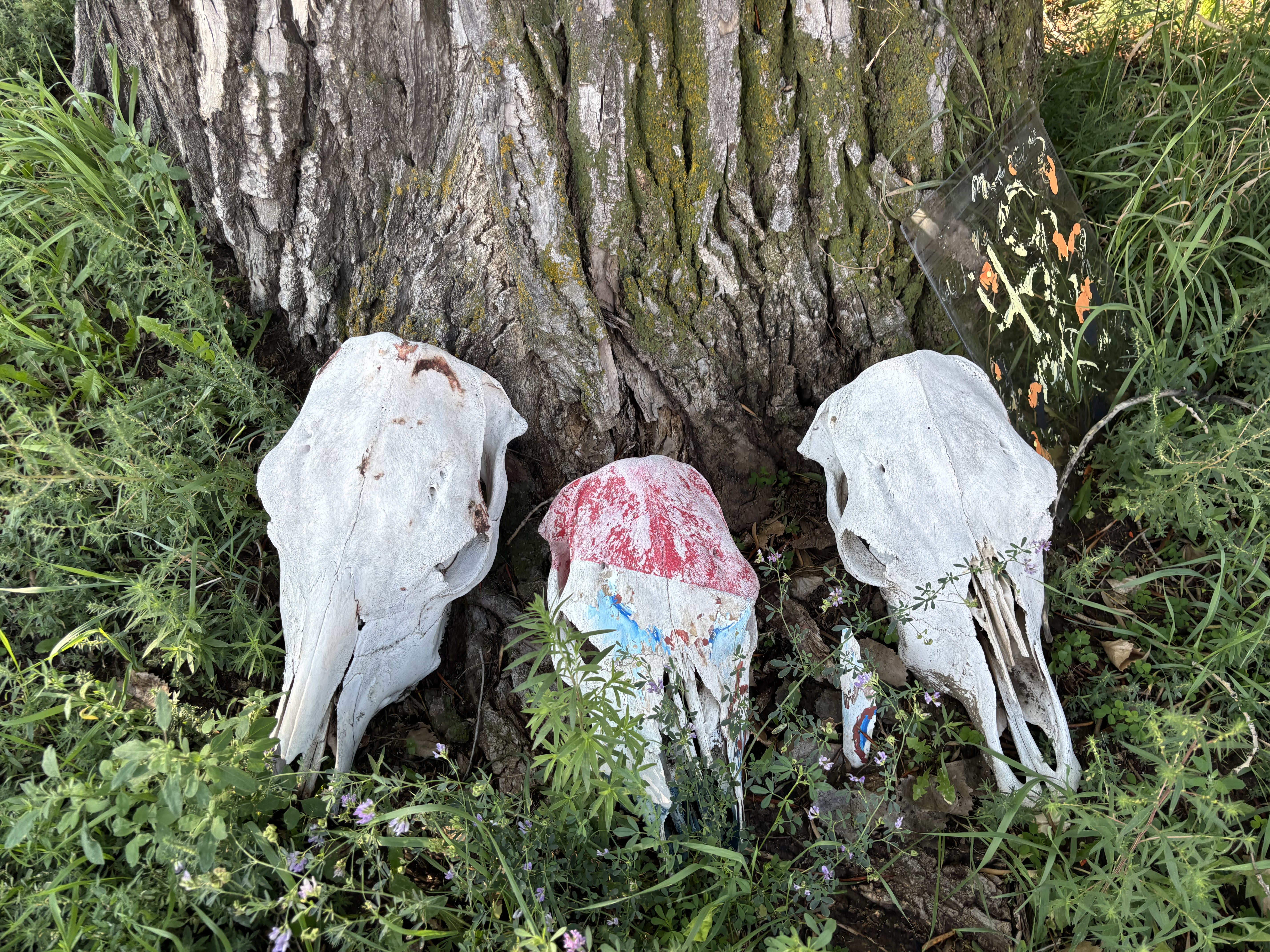
- Teacher: Maika Yeigh
- Teacher: Lina Darwich
- Teacher: Liza Finkel
- Teacher: Lina Darwich
- Teacher: Morgan Hallabrin
- Teacher: Lina Darwich
- Teacher: Sam May-Varas
- Teacher: Karmin Williams
- Teacher: Megan Barrett
- Teacher: Megan Barrett
working successfully in the larger political,
social, economic, legal, and cultural environment
of an educational system. Examination of landmark
legal cases, federal policies, state and local
laws, and regulations impacting school systems.
Exploration of social justice avocation through
access and equity issues that promote equitable
learning for students. Discussions of the roles
and responsibilities of policy makers and
stakeholders.
- Teacher: Ben Kates
working successfully in the larger political,
social, economic, legal, and cultural environment
of an educational system. Examination of landmark
legal cases, federal policies, state and local
laws, and regulations impacting school systems.
Exploration of social justice avocation through
access and equity issues that promote equitable
learning for students. Discussions of the roles
and responsibilities of policy makers and
stakeholders.
- Teacher: Ben Kates
- Teacher: Jacqueline Roebuck Sakho
- Teacher: Hassan Dornayi
the systems and processes that ensure a healthy
and effective district. Leaders need to be
prepared to cultivate the equitable use of
educational resources through establishing
collaborative and inclusive procedures,
guidelines, norms, and policies. Part of this work
involves the ability to assess district needs and
priorities and then equitably allocate
opportunities and resources across the district
according to these needs. Leaders need to
understand that equitable resource allocation of
materials, fiscal resources, personnel,
technology, interventions, time, and high-quality
teachers, leaders, and supporting staff all
contribute to a healthy and effective district
culture. Leaders must be equipped with the skills
to use data to evaluate systems for inequities and
then work collaboratively to align and improve
these systems so that they are coherent, cohesive,
and focused on supporting the learning,
improvement, and well-being of students and staff.
- Teacher: Hassan Dornayi
the systems and processes that ensure a healthy
and effective district. Leaders need to be
prepared to cultivate the equitable use of
educational resources through establishing
collaborative and inclusive procedures,
guidelines, norms, and policies. Part of this work
involves the ability to assess district needs and
priorities and then equitably allocate
opportunities and resources across the district
according to these needs. Leaders need to
understand that equitable resource allocation of
materials, fiscal resources, personnel,
technology, interventions, time, and high-quality
teachers, leaders, and supporting staff all
contribute to a healthy and effective district
culture. Leaders must be equipped with the skills
to use data to evaluate systems for inequities and
then work collaboratively to align and improve
these systems so that they are coherent, cohesive,
and focused on supporting the learning,
improvement, and well-being of students and staff.
- Teacher: Hassan Dornayi
Leaders are responsible for fostering an inclusive
school and district culture where each and every
child is a valued and fundamental member and
participant in classrooms and the community. This
course will address how disability is socially
constructed, and how assumptions about a student's
perceived ability can be reinforced by
exclusionary school and district practices. This
course will provide opportunities for
administrators to use current, relevant research
to increase their understanding of leadership
practices that foster an inclusive school culture
for students with Special Education and TAG
designations, as well as developing and supporting
students in need of 504 plans. Additionally,
students in this class will develop the knowledge
and skills to enact high leverage practices in the
areas of effective collaboration and
communication, assessment and accountability,
social, emotional, and behavior supports,
instruction, program/service support, and
supervision and legal requirements.
In the past, school-wide zero-tolerance policies, have focused mainly on reacting to specific, student misbehavior by implementing, punishment-based strategies. Research during the, past 20 years has shown that school-wide behavior, systems that are positively focused on desired, behaviors can result in a substantive lifestyle, impact for all members of a school community. This, course will examine the systems-based approach for, implementing culturally proficient, multi-tiered,, school-wide behavior supports, and the critical, role that school leaders have in building positive, learning environments for each student.
- Teacher: Vicki Nishioka
- Teacher: Bradley Capener
- Teacher: John Lenssen
- Teacher: Sidney Morgan
- Teacher: John Lenssen
- Teacher: Sidney Morgan
- Teacher: Loretta Benjamin-Samuels
- Teacher: Lisa McCall
This foundational course is designed to introduce
the theories, practices, core responsibilities,
and issues associated with leadership and social
justice in educational organizations. Aspiring
principals and other educational practitioners
move toward acquiring and affirming requisites and
capacities to engage in social justice praxis
(critical reflection and action) towards improving
conditions and culture in schools in authentic and
collaborative ways. Candidates learn about
instructional, organizational, community, ethical,
and sociopolitical functions of leadership. Using
research and reflection, candidates analyze and
clarify internal and external conceptions of and
attitudes toward leadership at the intersection of
social injustice including but not limited to:
systemic racism, whiteness as privilege and power,
gender and class biases, ableism, and deficit
minded decision-making to guide them in leadership
work.
- Teacher: Yolanda Coleman
- Teacher: Lisa McCall
- Teacher: Megan Barrett
- Teacher: Megan Barrett
working successfully in the larger political,
social, economic, legal, and cultural environment
of an educational system. Examination of landmark
legal cases, federal policies, state and local
laws, and regulations impacting school systems.
Exploration of social justice avocation through
access and equity issues that promote equitable
learning for students. Discussions of the roles
and responsibilities of policy makers and
stakeholders.
- Teacher: Megan Barrett
working successfully in the larger political,
social, economic, legal, and cultural environment
of an educational system. Examination of landmark
legal cases, federal policies, state and local
laws, and regulations impacting school systems.
Exploration of social justice avocation through
access and equity issues that promote equitable
learning for students. Discussions of the roles
and responsibilities of policy makers and
stakeholders.
- Teacher: Megan Barrett
- Teacher: Megan Barrett
- Teacher: Megan Barrett
pre-designed administrative experience, along
with campus seminars involving activities,
discussions, and presentations. Students explore
the content knowledge, leadership, collaboration,
and research skills necessary for successful
school administration in early
childhood/elementary and middle-level/high school
settings under the direction of experienced site
and campus supervisors.
- Teacher: Megan Barrett
- Teacher: Megan Barrett
- Teacher: Megan Barrett
- Teacher: Megan Barrett
- Teacher: Megan Barrett
- Teacher: Megan Barrett
- Teacher: Megan Barrett
experience along with campus seminars involving
activities, discussions, and presentations.
Students explore the essential content knowledge,
leadership, collaboration, and research skills
necessary for successful school administration in
early childhood/elementary and middle-level/high
school under the supervision of experienced site
and campus supervisors.
- Teacher: Megan Barrett
- Teacher: Megan Barrett
experience along with campus seminars involving
activities, discussions, and presentations.
Students explore the essential content knowledge,
leadership, collaboration, and research skills
necessary for successful school administration in
early childhood/elementary and middle-level/high
school under the supervision of experienced site
and campus supervisors.
- Teacher: Megan Barrett
experience along with campus seminars involving
activities, discussions, and presentations.
Students explore the essential content knowledge,
leadership, collaboration, and research skills
necessary for successful school administration in
early childhood/elementary and middle-level/high
school under the supervision of experienced site
and campus supervisors.
- Teacher: Megan Barrett
experience along with campus seminars involving
activities, discussions, and presentations.
Students explore the essential content knowledge,
leadership, collaboration, and research skills
necessary for successful school administration in
early childhood/elementary and middle-level/high
school under the supervision of experienced site
and campus supervisors.
- Teacher: Megan Barrett
- Teacher: Megan Barrett
experience along with campus seminars involving
activities, discussions, and presentations.
Students explore the essential content knowledge,
leadership, collaboration, and research skills
necessary for successful school administration in
early childhood/elementary and middle-level/high
school under the supervision of experienced site
and campus supervisors.
- Teacher: Megan Barrett
- Teacher: Megan Barrett
experience along with campus seminars involving
activities, discussions, and presentations.
Students explore the essential content knowledge,
leadership, collaboration, and research skills
necessary for successful school administration in
early childhood/elementary and middle-level/high
school under the supervision of experienced site
and campus supervisors.
- Teacher: Megan Barrett
This is an online course for administrators/school leaders who need credits toward their Continuing Administrator License (CAL) or other licensing requirements. It is a broad overview of the ever-changing technology landscape with a focus on using 21st Century Skills and Web 2.0 tools. Participants will receive hands-on experience using educational and management technologies directly tied to administrator tech standards. Participants will learn how to make informed decisions about technology while increasing their personal skills.
school and district culture where each and every
child is a valued and fundamental member and
participant in classrooms and the community. This
course will address how disability is socially
constructed, and how assumptions about a student's
perceived ability can be reinforced by
exclusionary school and district practices. This
course will provide opportunities for
administrators to use current, relevant research
to increase their understanding of leadership
practices that foster an inclusive school culture
for students with Special Education and TAG
designations, as well as developing and supporting
students in need of 504 plans. Additionally,
students in this class will develop the knowledge
and skills to enact high leverage practices in the
areas of effective collaboration and
communication, assessment and accountability,
social, emotional, and behavior supports,
instruction, program/service support, and
supervision and legal requirements.
- Teacher: Shava Feinstein
- Teacher: Joel Hoff
have focused mainly on reacting to specific
student misbehavior by implementing
punishment-based strategies. Research during the
past 20 years has shown that school-wide behavior
systems that are positively focused on desired
behaviors can result in a substantive lifestyle
impact for all members of a school community.
Additionally, these school wide initiatives must
be supported by district-wide systems of
multi-tiered interventions and equitable policies
that focus on reducing exclusionary discipline,
increasing attendance, and sustaining positive,
inclusive, and hate-free school and district
cultures. This course will examine the
systems-based approach for implementing culturally
proficient, multi-tiered, school-wide behavior
supports, and the critical role that school
leaders have in building positive learning
environments for each student.
- Teacher: Joel Hoff
- Teacher: Stephen Warner
- Teacher: Sue Feldman
- Teacher: Frances Lessman
- Teacher: Mollie Galloway
- Teacher: Mollie Galloway
- Teacher: Mollie Galloway
- Teacher: Mollie Galloway
- Teacher: Mollie Galloway
- Teacher: Alexa Weinstein
race, it is important that each of the sprinters
speedily covers their portion of the race. Equally
important is the fluidity of transferring
responsibility from one runner to the next, the
critical passing of the baton, or "pasar la
batuta". It is in this moment when all of the
effort given by one runner helps jump start their
teammate in a seamless fashion, or when the work
is abruptly halted because the hand off is faulty.
This critical transfer can define the outcome of
the race. The analogy of "pasar la batuta" well
articulates the responsibility educational leaders
in P-12 and higher education settings have for
fashioning a seamless transition for students to
navigate. As it stands, the movement between
primary and secondary education into postsecondary
education is disjointed. This course will explore
why the transition across the educational pipeline
is choppy, what factors need to be considered in
order to facilitate a smoother move, and the
opportunities for leaders to foster that change.
- Teacher: Emilio Solano
race, it is important that each of the sprinters
speedily covers their portion of the race. Equally
important is the fluidity of transferring
responsibility from one runner to the next, the
critical passing of the baton, or "pasar la
batuta". It is in this moment when all of the
effort given by one runner helps jump start their
teammate in a seamless fashion, or when the work
is abruptly halted because the hand off is faulty.
This critical transfer can define the outcome of
the race. The analogy of "pasar la batuta" well
articulates the responsibility educational leaders
in P-12 and higher education settings have for
fashioning a seamless transition for students to
navigate. As it stands, the movement between
primary and secondary education into postsecondary
education is disjointed. This course will explore
why the transition across the educational pipeline
is choppy, what factors need to be considered in
order to facilitate a smoother move, and the
opportunities for leaders to foster that change.
- Teacher: Emilio Solano
- Teacher: Emilio Solano
- Teacher: John Lenssen
An internationally known expert in the field, Professor Powers’ course will provide a comprehensive overview of the U.S. electricity supply and will address the history of power development, utility regulation, electricity regulation, renewable energy, and energy transmission. This course is important to anyone seeking a better understanding of the electricity system in the United States, sustainability issues, and related climate change challenges.
- Teacher: Lucy Brehm
- Teacher: Linda D\'Agostino
thinking and activity through the lens of the
liberal arts. Students will be introduced to the
entrepreneurial skills needed to design and
operate any venture, including understanding
complex systems, recognizing opportunities,
assessing customer need, identifying a viable
business or funding model and market, and
developing effective marketing strategies. Student
performance will be evaluated through class
participation and preparation, a number of short
assignments, one exam, and a final term project
and presentation.
- Teacher: Charis Asante-Agyei
thinking and activity through the lens of the
liberal arts. Students will be introduced to the
entrepreneurial skills needed to design and
operate any venture, including understanding
complex systems, recognizing opportunities,
assessing customer need, identifying a viable
business or funding model and market, and
developing effective marketing strategies. Student
performance will be evaluated through class
participation and preparation, a number of short
assignments, one exam, and a final term project
and presentation.
- Teacher: Charis Asante-Agyei
- Teacher: Dan Rasay
thinking and activity through the lens of the
liberal arts. Students will be introduced to the
entrepreneurial skills needed to design and
operate any venture, including understanding
complex systems, recognizing opportunities,
assessing customer need, identifying a viable
business or funding model and market, and
developing effective marketing strategies. Student
performance will be evaluated through class
participation and preparation, a number of short
assignments, one exam, and a final term project
and presentation.
- Teacher: Matt Fox
thinking and activity through the lens of the
liberal arts. Students will be introduced to the
entrepreneurial skills needed to design and
operate any venture, including understanding
complex systems, recognizing opportunities,
assessing customer need, identifying a viable
business or funding model and market, and
developing effective marketing strategies. Student
performance will be evaluated through class
participation and preparation, a number of short
assignments, one exam, and a final term project
and presentation.
- Teacher: Matt Fox

We’ll get you fully prepared to take and pass the core Salesforce Administrator certification. Learn how to implement, grow, and maintain a Salesforce instance with clicks, not code, while enhancing your own resume with this in-demand skill set.
Upon course completion, students will
Have the knowledge and hands-on experience needed to pass the following Salesforce certification exams: Salesforce Administrator and Salesforce Associate
Understand the Salesforce ecosystem, including products, solutions available across multiple industries
Know where and how to look for Salesforce-related career opportunities
Throughout the class, you’ll engage in hands-on learning in a Salesforce Trailhead ‘playground.’ The Trailhead account, including the work done as part of this course and badges earned along the way, will be yours to keep while you continue to grow your skills.
- Teacher: Elle McKay
- Teacher: Amy Dvorak
- Teacher: Amy Dvorak
- Teacher: Rebecca Lingafelter
discovery and engineering innovation. Experience
in mutualistic teaming, technology transfer,
product development, and marketing; opportunities
to learn and apply methods inherent in effectual
entrepreneurial activities. Team-based laboratory
projects focus on the process of technology
transfer (utilizing scientific research in
commercial product development).
- Teacher: Charis Asante-Agyei

activities, students learn about the parallel and
synergistic processes of scientific discovery and
engineering innovation. Open-ended projects give
students experience in mutualistic teaming,
technology transfer, product development, and
marketing, as well as opportunities to learn and
apply methods inherent in effectual
entrepreneurial activities. Team-based laboratory
projects focus on the process of technology
transfer (utilizing scientific research in
commercial product development).
- Teacher: Kellar Autumn
- Teacher: Andrea Hibbard
- Teacher: Andrea Hibbard
and solutions, integrating concepts and analytical
skills drawn from the natural sciences, social
sciences, and humanities. Foundation for all
subsequent courses in the environmental studies
major. Lectures, faculty and guest presentations,
regular online assignments, individual and group
research projects.
- Teacher: Jessica Kleiss
- Teacher: James Proctor
- Teacher: Elizabeth Safran
- Teacher: Elizabeth Safran
- Teacher: James Proctor
- Teacher: James Proctor
- Teacher: James Proctor
- Teacher: James Proctor
- Teacher: Elizabeth Safran
- Teacher: Elizabeth Safran
- Teacher: Shoshana Rybeck
- Teacher: Elizabeth Safran
- Teacher: Elizabeth Safran
- Teacher: Elizabeth Safran
and solutions, integrating concepts and analytical
skills drawn from the natural sciences, social
sciences, and humanities. Foundation for all
subsequent courses in the environmental studies
major. Lectures, faculty and guest presentations,
regular online assignments, individual and group
research projects.
- Teacher: James Proctor
Scholarly perspectives on environmental problems, and solutions, integrating concepts and analytical, skills drawn from the natural sciences, social, sciences, and humanities. Foundation for all, subsequent courses in the environmental studies, major. Lectures, faculty and guest presentations,, regular online assignments, individual and group, research projects.
- Teacher: James Proctor
- Teacher: Kellen Copeland
- Teacher: James Proctor
- Teacher: James Proctor
- Teacher: Elizabeth Safran
and solutions, integrating concepts and analytical
skills drawn from the natural sciences, social
sciences, and humanities. Foundation for all
subsequent courses in the environmental studies
major. Lectures, faculty and guest presentations,
regular online assignments, individual and group
research projects.
- Teacher: James Proctor
- Teacher: Elizabeth Safran
- Teacher: James Proctor
and solutions, integrating concepts and analytical
skills drawn from the natural sciences, social
sciences, and humanities. Foundation for all
subsequent courses in the environmental studies
major. Lectures, faculty and guest presentations,
regular online assignments, individual and group
research projects.
- Teacher: James Proctor
- Teacher: Jessica Kleiss
- Teacher: James Proctor
- Teacher: Elizabeth Safran
- Teacher: Curtis Hall
- Teacher: Jessica Kleiss
- Teacher: Elizabeth Safran
- Teacher: James Proctor
- Teacher: James Proctor
- Teacher: Elizabeth Safran
- Teacher: Jessica Kleiss
environmental scholarship to people in a variety
of settings. Identification and finalization of
engagement opportunities; development of
communication, cultural competency, and related
skills; reflection on engagement experiences; and
authoring and sharing of outcomes. Engagement
projects build on partnerships with Portland-area
organizations.
- Teacher: Alana Rader
environmental scholarship to people in a variety
of settings. Identification and finalization of
engagement opportunities; development of
communication, cultural competency, and related
skills; reflection on engagement experiences; and
authoring and sharing of outcomes. Engagement
projects build on partnerships with Portland-area
organizations.
- Teacher: Alana Rader
- Teacher: James Proctor
- Teacher: Alana Rader
- Teacher: James Proctor
- Teacher: James Proctor
- Teacher: Jessica Kleiss
- Teacher: Laura Mundt
- Teacher: James Proctor
- Teacher: Elizabeth Safran
- Teacher: Kellen Copeland
- Teacher: Rosie Goity
- Teacher: Laura Mundt
- Teacher: James Proctor
- Teacher: Elizabeth Safran
environmental scholarship to people in a variety
of settings. Identification and finalization of
engagement opportunities; development of
communication, cultural competency, and related
skills; reflection on engagement experiences; and
authoring and sharing of outcomes. Engagement
projects build on partnerships with Portland-area
organizations.
- Teacher: James Proctor
(earthquakes, volcanic eruptions, landslides,
tornadoes, hurricanes, fires, tsunamis), with a
focus on the interplay between the human and
physical landscapes that make these events so
deadly and imbued with diverse meanings.
Perspectives drawn from the humanities, social
sciences, and natural sciences to examine both
historical events whose consequences have played
out and recent dramas whose aftermaths are still
unfolding. Contrast of impacts and perceptions of
these events with select examples of anthropogenic
disasters (Chernobyl, Bhopal, Deepwater Horizon);
anticipation of future natural disasters and
consideration of the science of living with risk.
Projects emphasize local and regional issues.
- Teacher: Elizabeth Safran
- Teacher: Elizabeth Safran
- Teacher: Elizabeth Safran
- Teacher: Elizabeth Safran
- Teacher: Elizabeth Safran
- Teacher: James Proctor
- Teacher: James Proctor
- Teacher: James Proctor
- Teacher: James Proctor
assumptions underlying environmental studies,
including the nature of environment, environmental
knowledge (including role of sciences and
humanities), and environmental problems and
solutions. Intensive reading and writing, class
discussions, and project-based application of
theory to contemporary topics.
- Teacher: James Proctor
- Teacher: James Proctor
- Teacher: James Proctor
assumptions underlying environmental studies,
including the nature of environment, environmental
knowledge (including role of sciences and
humanities), and environmental problems and
solutions. Intensive reading and writing, class
discussions, and project-based application of
theory to contemporary topics.
- Teacher: James Proctor
- Teacher: Shelly Reggiani
- Teacher: Erin Ocon
- Teacher: Shelly Reggiani
- Teacher: Shane Burchell
- Teacher: Shane Burchell
- Teacher: Shane Burchell
- Teacher: Erin Ocon
- Teacher: Shane Burchell
social, and political characteristics of bilingualism and biculturalism in the United States and abroad. ESOL/bilingual teaching is considered in light of laws, research findings, and second-language acquisition theory. Ensures
that educators are not only able to plan and implement programs optimal learning of all students, but also gives educators the tools to advocate for equity in their schools and school communities.
- Teacher: Shane Burchell
- Teacher: Alejandra Favela
- Teacher: Alejandra Favela
- Teacher: Alejandra Favela
- Teacher: Wei-Wei Lou
- Teacher: Erin Ocon
- Teacher: Shane Burchell
- Teacher: Shane Burchell
- Teacher: Alejandra Favela
- Teacher: Erin Ocon
- Teacher: Shelly Reggiani
- Teacher: Shane Burchell
- Teacher: Shelly Reggiani
Theories of how first and second languages, (written and spoken) are acquired, the importance, of first-language development and its, relationship to the acquisition of other, languages, and the relationship of language to, cognitive development. Understanding of these, issues is used to promote a school environment, that honors diverse perspectives and maximizes, language learning potential and ensures respect, for communities whose languages or varieties of, English differ from standard school English., Required for the Reading Interventionist and ESOL, endorsements. The initial course in the Reading, Interventionist Endorsement sequence and, recommended preparation for other language arts, offerings.
- Teacher: Alejandra Favela
- Teacher: Julie Frank
- Teacher: Erin Ocon
- Teacher: Nicole Hilton
- Teacher: Erin Ocon
- Teacher: Karen Gross
- Teacher: Blythe Knott
- Teacher: Nicole Schneider
- Teacher: Kaitlin Sommerfeld
- Teacher: Andrea Hibbard
- Teacher: Andrea Hibbard
- Teacher: Andrea Hibbard
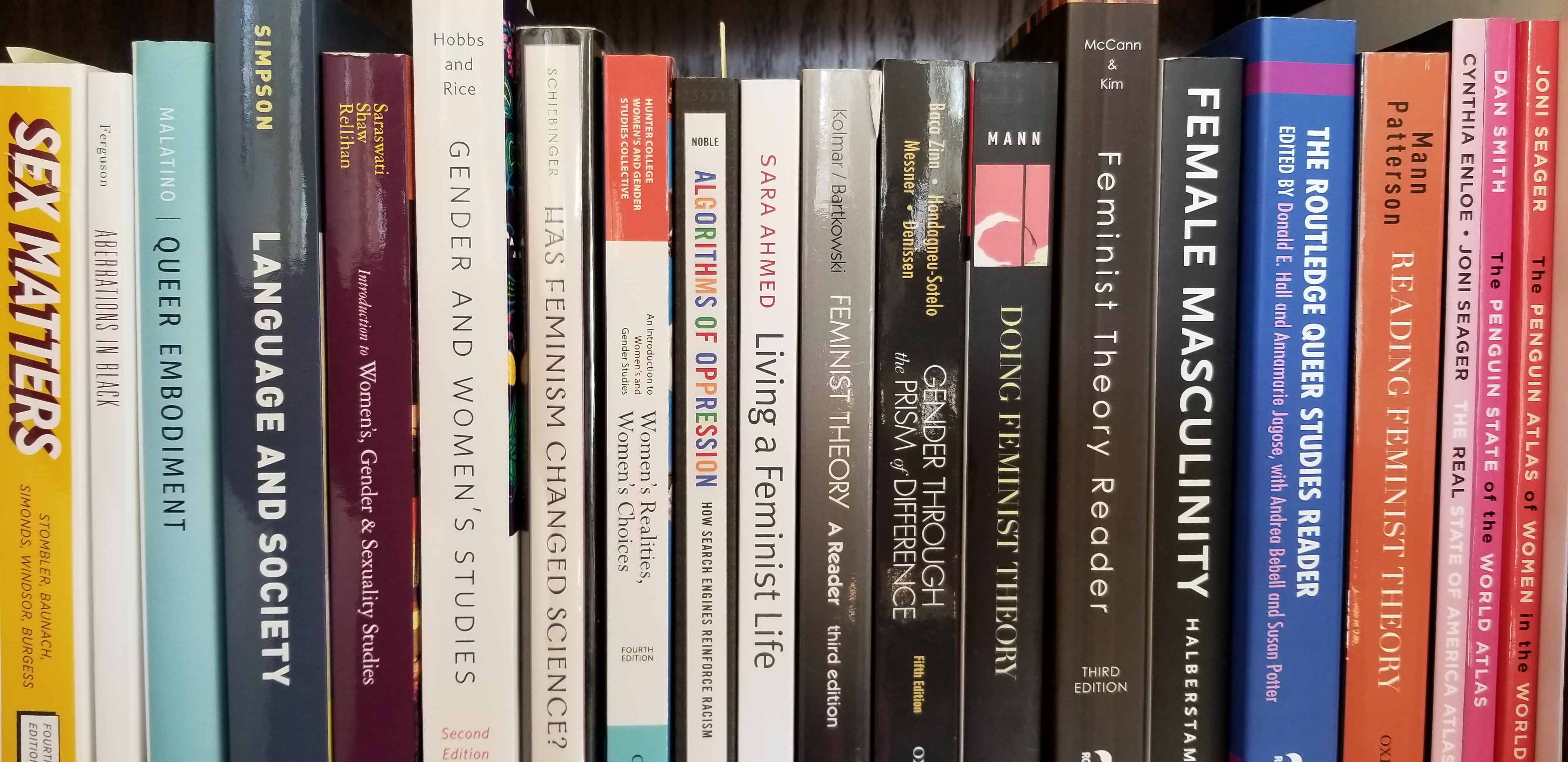
- Teacher: Kimberly Brodkin
- Teacher: Kimberly Brodkin
- Teacher: Andrea Hibbard
- Teacher: Kimberly Brodkin
- Teacher: Kimberly Brodkin
- Teacher: Kimberly Brodkin
- Teacher: Kimberly Brodkin
historically constituted in different times and
places. Theoretical developments in the
anthropology of gender. Cross-cultural exploration
using examples from a wide range of societies,
past and present. The relationship between
cultural definitions of gender and the social
experience of women, men, and alternative gender
roles, such as the Native American two-spirits,
the hijra of India, and global perspectives on
contemporary transgender experiences.
- Teacher: Sidra Kamran
Fall 2021 - Gender Studies
231 Genders and Sexualities in a Global Perspective
Course Description: This is a feminist anthropological approach to the study of gender and sexuality. We will read some text that take a cross-disciplinary approach within the social sciences; however, this is not a general survey course. Our approach to reading emphasizes comprehension, analysis and critique, in that order. The course pace is slow - moderate.
The course has three aims/trajectories. First, it provides a historiography of studying social difference within anthropology. Anthropologists acknowledge the changing nature of culture, society, and nation. Some material will be dated. Some is not. We are looking at how theory, debates and analyses around gender and sexuality have developed/is changing over time in the discipline and within different socio-cultural settings. The second aim picks up from there. In addition to textbooks, we will read ethnographic research article and ethnographic texts that provide historical and contemporaneous descriptions of gender identity and sexual expressions in different socio-cultural settings. Third, material from popular sources will give us respite from the academic voice.
- Teacher: Kim Cameron-Dominguez
- Teacher: Kim Cameron-Dominguez
- Teacher: Sidra Kamran
- Teacher: Kim Cameron-Dominguez
through speaking, listening, reading, writing.
Basic vocabulary and grammatical structures of
German practiced orally and in writing. Large- and
small-group activities. Interactive computer
exercises for individual student practice. Oral
projects. Web-based activities.
- Teacher: Katharina Altpeter-Jones
- Teacher: Payton Schurr
- Teacher: Catherine Sprecher Loverti
- Teacher: Katharina Altpeter-Jones
- Teacher: Payton Schurr
through speaking, listening, reading, writing.
Basic vocabulary and grammatical structures of
German practiced orally and in writing. Large- and
small-group activities. Interactive computer
exercises for individual student practice. Oral
projects. Web-based activities.
- Teacher: Katharina Altpeter-Jones
- Teacher: Payton Schurr
- Teacher: Catherine Sprecher Loverti
through speaking, listening, reading, writing.
Basic vocabulary and grammatical structures of
German practiced orally and in writing. Large- and
small-group activities. Interactive computer
exercises for individual student practice. Oral
projects. Web-based activities.
- Teacher: Katharina Altpeter-Jones
- Teacher: Payton Schurr
through speaking, listening, reading, writing.
Basic vocabulary and grammatical structures of
German practiced orally and in writing. Large- and
small-group activities. Viewing and discussion of
short films to develop conversational skills and
understanding of German culture. Interactive
computer exercises for individual student
practice. Oral projects. Web-based activities.
- Teacher: Katharina Altpeter-Jones
- Teacher: Payton Schurr
- Teacher: Catherine Sprecher Loverti
- Teacher: Catherine Sprecher Loverti
- Teacher: Catherine Sprecher Loverti
- Teacher: Catherine Sprecher Loverti
- Teacher: Catherine Sprecher Loverti
- Teacher: Carol Doyle
- Teacher: Maia Penchansky

- Teacher: Susan Glosser

- Teacher: Susan Glosser

- Teacher: Susan Glosser
Drawing on a mix of primary sources and secondary literature, we will discover new ways of understanding the logics of conquest, the growth of new societies, and the various forms of resistance and adaptation people adopted to oppose colonialism and imperialism and assert their own visions of the settlement and resettlement of the continent. Throughout the course, we will focus on the central themes of capitalism, labor, social identity, and law and how these historical forces carry on into the present.
- Teacher: Nancy Gallman
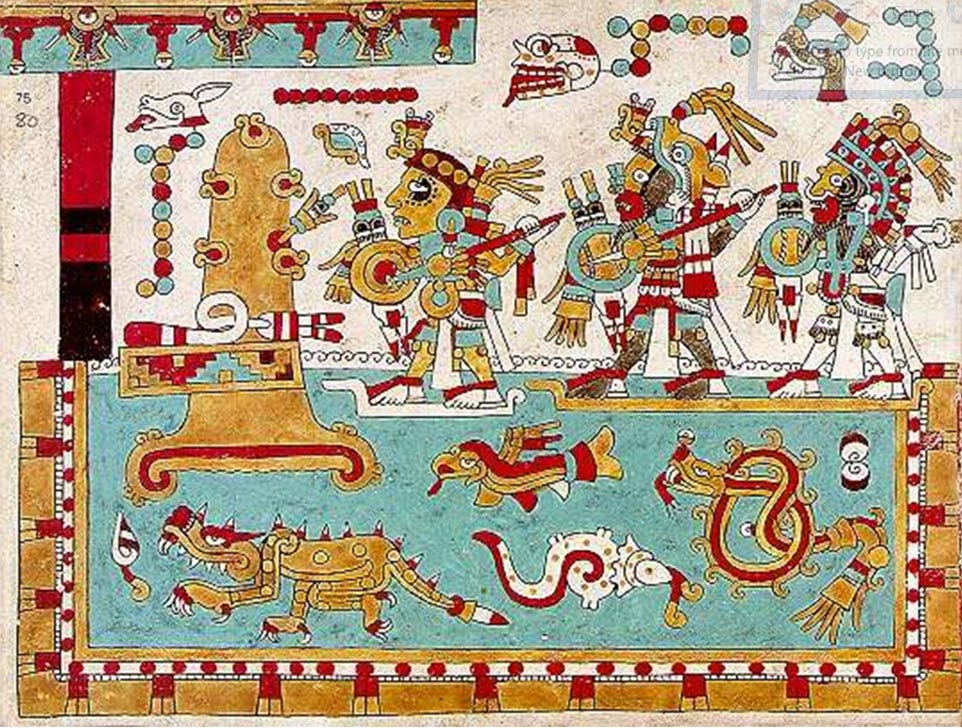
- Teacher: Elliott Young

- Teacher: Elliott Young

The history of modern Latin America, from independence at the beginning of the nineteenth century until the present, is one that continues to have a profound political, social and economic impact on the United States. This course will provide a context for the dizzying array of episodic news reports about the vast America that lies south of the Rio Grande. It is a survey in that we will focus on broad themes, but we will also be exploring, as much as possible, the particular experiences of individual countries and social classes. Themes that we will be investigating include nation-building, industrialization, modernization, development, indigenous rights, racism, revolution, “neo-colonial” or “dependent” relations with advanced industrialized countries, military rule, social movements and narco-trafficking.
We will begin and end the course with a discussion of more recent trends in Latin America, including the rise of neoliberalism and the concurrent re-emergence of social rebellion and populism from below.
- Teacher: Elliott Young
through 20th centuries: the "nationalities
question" that emerged from within the Habsburg
and Russian empires; multinational zones; wars;
successor states of the interwar period; the
Balkans and the Yugoslav dissolution of the 1990s;
consideration of East Europeans' membership in the
EU. Students will learn to do primary and
secondary source research and will conduct an
original research project over the course of the
semester.
- Teacher: Maureen Healy
- Teacher: Nancy Gallman
from when it was part of northern New Spain to its
present incarnation as the U.S.-Mexico border.
Thematic focus on the roles of imperialism and
capitalism in the formation of borderlands race,
class, gender, and national identities. The
transformation of this region from a frontier
between European empires to a borderline between
nations.
- Teacher: Nancy Gallman
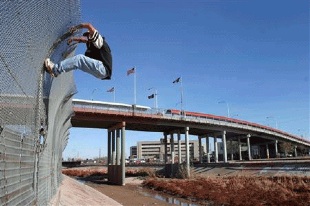
As well as studying the basic political/economic history of the border, we will explore the impact of the border on the construction of racial, national, gender and class identities. Thus, we will be seeking to understand what the border and the borderlands can teach us about ethnic and transnational relations more generally. We begin in the sixteenth century when this region was being settled by Spaniards moving north from New Spain to highlight the continuities between the colonial and national eras. However, we will spend most of our time examining the nineteenth and twentieth centuries when the US-Mexico border came into existence. Themes we will explore include race relations, capitalist development, ethnic rebellion, transculturation, migration, gender, cross-border organizing, and postmodern transborder communities.
- Teacher: Elliott Young

Part I- Independence and Revolution (1821-1940), explains how the Mexican State consolidated its rule and tried to foster a sense of national identity. We will focus on the crucial 34-year era of “peace and stability” under Porfirio Díaz, as well as the bloody and interminable Revolution (1910-40) that toppled his regime.
Part II- Identity and Cultural Politics takes us back to the pre-Columbian past and up to the present to ask whether there is a Mexican “essence,” and if so, what is it. We will explore post-WWII popular culture in Mexico through an examination of indigenismo, food, film, music, and political violence.
Part III- Neoliberalism, Rebellion and Political Crisis (1982- today) will investigate the period when the debt crisis, neoliberal policies, and economic crisis have fundamentally restructured Mexican society and led to the disintegration of the “old” PRI. Finally, we will end with a survey of the political scandals and armed rebellions that have rocked Mexico and led to the decline of the PRI and the destruction wrought by the Narco War.
- Teacher: Elliott Young

- Teacher: Susan Glosser
- Teacher: Lydia Loren
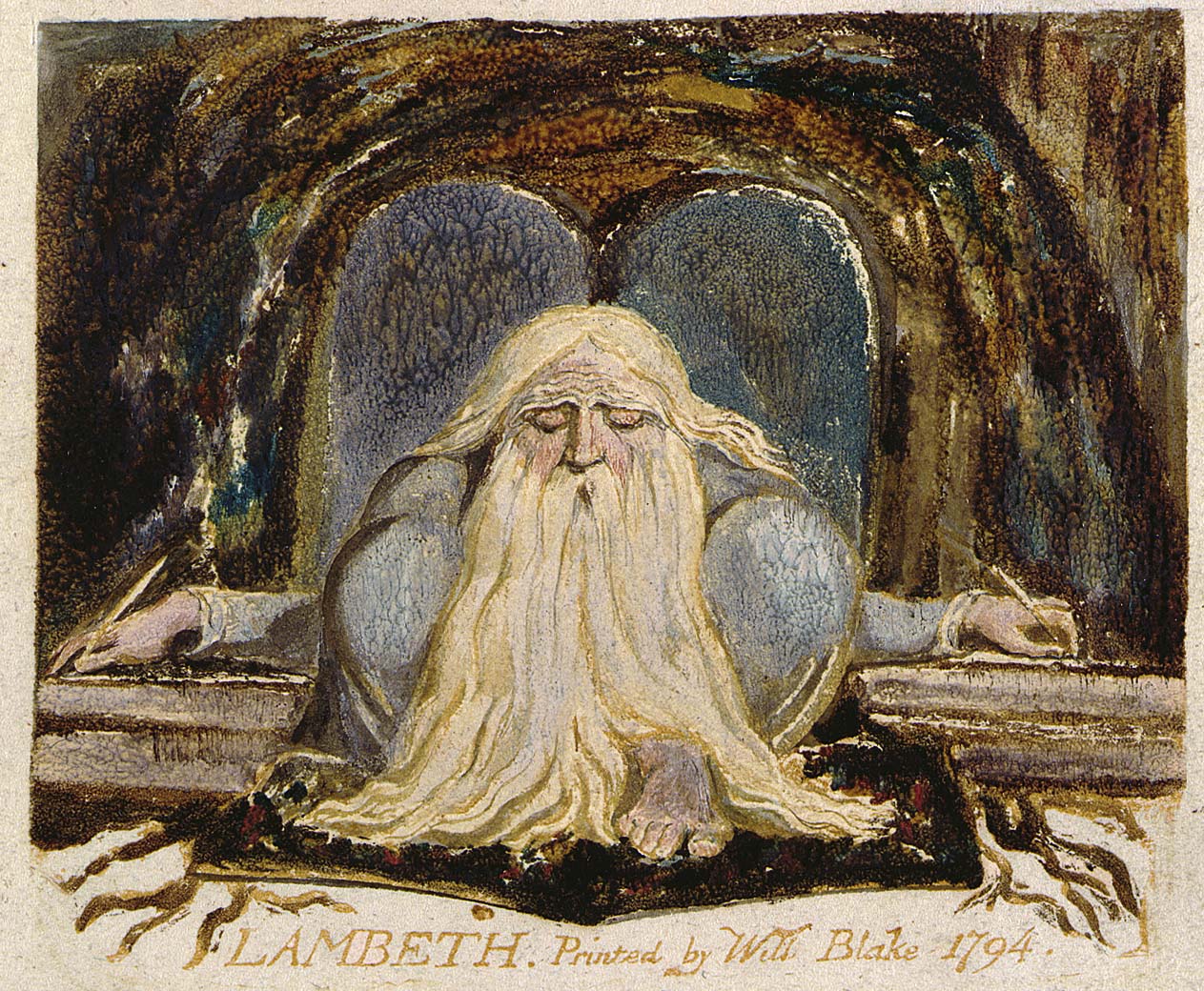
- Teacher: Kurt Fosso
- Teacher: Lisa Benjamin
- Teacher: Melissa Powers
- Teacher: Lisa Benjamin
- Teacher: Melissa Powers
- Teacher: Tung Yin

- Teacher: Lisa Benjamin

- Teacher: Lisa Benjamin

- Teacher: Lisa Benjamin

- Teacher: Lisa Benjamin
statutory monopoly granted to the creators of
"original works of authorship" under the federal
law of copyright. The Copyright Act of 1976, as
amended, is the core of the course material. The
course begins by examining the requirements for
copyright protection and then moves on to explore
the kinds of works that qualify for copyright
protection, and the scope of rights granted to
copyright owners. The balance between the limited
monopoly privileges of copyright owners and the
rights guaranteed to the users of copyrighted
materials, through such mechanisms as the
idea/expression dichotomy, compulsory licenses,
and the "fair use" doctrine, are examined. The
formalities of registration and notice are also
studied, along with copyright duration, ownership,
assignment and licensing. The controversies
surrounding application of copyright law to new
technologies, including computer software and the
internet, is a theme that runs throughout the
course.
- Teacher: Lydia Loren
- Teacher: Melissa Powers
- Teacher: Melissa Powers
the legal, economic, structural, and social issues
involved in electricity regulation and policy.
Covered topics include: the history and evolution
of regulation of electric utilities as monopolies,
utility ratemaking, traditional state jurisdiction
over utilities, the Federal Power Act, electricity
restructuring, electricity transmission, and an
introduction to renewable power policies.
- Teacher: Melissa Powers
- Teacher: Melissa Powers
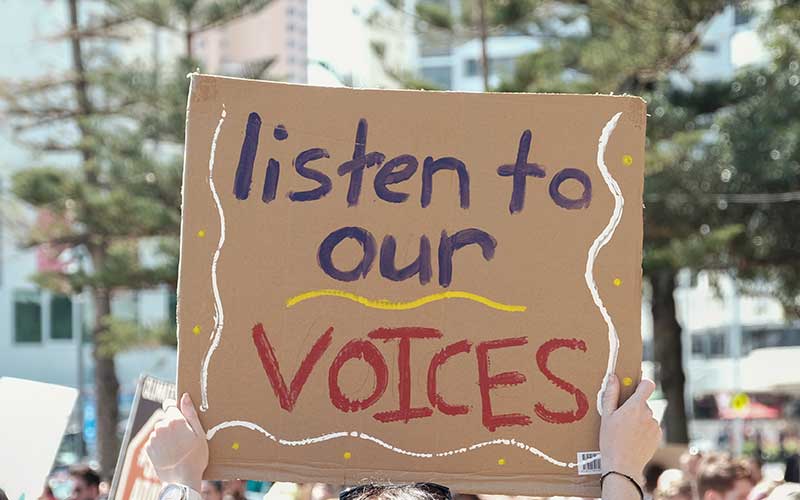
- Teacher: Lisa Benjamin

demands fair treatment in the context of
environmental protection for all people,
regardless of race, ethnicity, gender, religious
affiliation, economic status, national origin and
education level. It looks at environmental issues
through the lens of discrimination and assesses
how that discrimination shapes both vulnerability
and resilience. This course examines the
Environmental Justice movement and the
disproportionate impacts borne by vulnerable
constituents in the domestic and international
context of government regulation, corporate
activity, climate and energy concerns, and
environmental degradation. Readings include
selected cases, law review articles, case studies,
executive orders, legislation, and UN
declarations.
In addition to the course texts and supplemental
readings, we will also view select documentaries
and hear from guest speakers from community-based
organizations working to address racial and
socioeconomic disparities.
- Teacher: Lisa Benjamin

The Environmental Justice movement
demands fair treatment in the context of
environmental protection for all people,
regardless of race, ethnicity, gender, religious
affiliation, economic status, national origin and
education level. It looks at environmental issues
through the lens of discrimination and assesses
how that discrimination shapes both vulnerability
and resilience. This course examines the
Environmental Justice movement and the
disproportionate impacts borne by vulnerable
constituents in the domestic and international
context of government regulation, corporate
activity, climate and energy concerns, and
environmental degradation. Readings include
selected cases, law review articles, case studies,
executive orders, legislation, and UN
declarations.
In addition to the course texts and supplemental
readings, we will also view select documentaries
and hear from guest speakers from community-based
organizations working to address racial and
socioeconomic disparities. The class will be
graded principally on the basis of a final
research paper, along with class participation and
presentations.
Summer 2024 Course Descripton
This section will be offered online.
This class will explore the causes of and
solutions to environmental racism and injustice.
It will consider disparities faced by communities
of color, indigenous peoples, and low-income
groups in access to and control over the
environmental requisites for health and
well-being. The class will examine various legal
tools' potential to help bring about environmental
justice, highlighting the appropriateness of
different tools for different contexts. Students
will be expected to view the class videos and
participate in online discussion in the time
frames allotted.
- Teacher: Lisa Benjamin
This course surveys the four main areas of intellectual property law:
• Trade Secrets
• Patent Law
• Copyright Law
• Trademark Law
It introduces each area of the law and explores commonalities and differences among the different systems of intellectual property protection. The course is intended for all students who seek a basic understanding of the laws applicable to key assets of many businesses, as well as for students interested in becoming IP specialists.
- Teacher: Tricia Juettemeyer
Intellectual Property Law Survey course if they:
(a) have already taken two or more of the
following three courses: Copyright Law, Patent Law
& Policy, Trademark Law; (b) will be concurrently
enrolled in two or more of the three courses in
the same semester as the Intellectual Property
Survey; or (c) have already taken one of those
three courses and will be concurrently enrolled in
one or more of the three courses in the same
semester as the Intellectual Property Survey.
This course surveys the main areas of
intellectual property law, including state trade
secrecy and unfair competition law, and
federal patent, copyright, trademark law. It
introduces each subject and explores
commonalities and differences among different
systems of intellectual property protection. A
central theme is the challenges to traditional
legal paradigms posed by new technologies and the
shift to an information-based economy. The course
is intended for all students who seek a basic
understanding of the laws applicable to key
assets of most businesses, as well as for
students interested in becoming intellectual
property specialists. Each unit of the course
includes a required hands-on exercise to
reinforce the doctrine covered during class.
- Teacher: Lydia Loren

- Teacher: Daniel Rohlf
- Teacher: Pamela Frasch
- Teacher: Pamela Frasch
- Teacher: Megan Senatori
- Teacher: Melissa Powers
- Teacher: Todd Lochner
- Teacher: Chris Wold
laws and institutions in the field of
international environmental law. The course begins
with a review of the fundamental underpinnings of
environmental and international law, including the
precautionary principle, polluter pays principle,
state responsibility for environmental harm, and
permanent sovereignty over natural resources. The
course next examines issues of the global commons,
such as ozone depletion, climate change, and
depletion of ocean resources. It explores
international treaties to protect biological
diversity, including the Convention on
International Trade in Endangered Species, the
Convention on Biological Diversity, and the
International Convention for the Regulation of
Whaling. It also examines major pollution issues,
such as hazardous waste trade. Throughout these
discussions, we examine development issues, the
polarization of issues as developed and developing
country issues, and the role of nongovernmental
organizations (NGOs) in the development and
enforcement of international environmental law.
- Teacher: Chris Wold
- Teacher: Chris Wold
- Teacher: Russ Mead
- Teacher: Russ Mead
Learn the basics of the IT Service Desk in order to successfully manage and perform the responsibilities of the Service Desk Technician position.
- Teacher: Logan Drain
- Teacher: Hannah Korn
- Teacher: Steve McCurry
- Teacher: Chel (michelle) Pennock
- Teacher: Llew Richards
- Teacher: Kaleinani Boardman
- Teacher: Teresa McDowell
- Teacher: Marcia Michaels
practice and legal responsibilities in family
therapy. Addresses issues such as
confidentiality, informed consent, dual
relationships, and therapist liability. Includes
models for ethical decision making, working with
the legal system, and relevant aspects of family
law.
- Teacher: Marcia Michaels
- Teacher: Marcia Michaels
- Teacher: Marcia Michaels
practice and legal responsibilities in family
therapy. Addresses issues such as
confidentiality, informed consent, dual
relationships, and therapist liability. Includes
models for ethical decision making, working with
the legal system, and relevant aspects of family
law.
- Teacher: Marcia Michaels
- Teacher: Marcia Michaels
practice and legal responsibilities in family
therapy. Addresses issues such as
confidentiality, informed consent, dual
relationships, and therapist liability. Includes
models for ethical decision making, working with
the legal system, and relevant aspects of family
law.
- Teacher: Marcia Michaels
- Teacher: Marcia Michaels
necessary to practice family therapy from
liberation and social justice based frameworks.
This includes interrogating multiple embedded
systems of power and privilege relative to
interconnections of identity and social position.
Focus is on helping students become capable family
therapists in diverse global and multicultural
contexts, including becoming aware of their own
beliefs, biases, and prejudices relative to
culture, race, ethnicity, gender, age, sexual
orientation, socioeconomic status, physical or
mental ability, religion or spirituality, health
or legal status, or nation of origin, or other
marginalized and underserved communities.
- Teacher: Erica Hartwell
- Teacher: Erica Hartwell
necessary to practice family therapy from
liberation and social justice based frameworks.
This includes interrogating multiple embedded
systems of power and privilege relative to
interconnections of identity and social position.
Focus is on helping students become capable family
therapists in diverse global and multicultural
contexts, including becoming aware of their own
beliefs, biases, and prejudices relative to
culture, race, ethnicity, gender, age, sexual
orientation, socioeconomic status, physical or
mental ability, religion or spirituality, health
or legal status, or nation of origin, or other
marginalized and underserved communities.
- Teacher: Erica Hartwell
- Teacher: Erica Hartwell
necessary to practice family therapy from
liberation and social justice based frameworks.
This includes interrogating multiple embedded
systems of power and privilege relative to
interconnections of identity and social position.
Focus is on helping students become capable family
therapists in diverse global and multicultural
contexts, including becoming aware of their own
beliefs, biases, and prejudices relative to
culture, race, ethnicity, gender, age, sexual
orientation, socioeconomic status, physical or
mental ability, religion or spirituality, health
or legal status, or nation of origin, or other
marginalized and underserved communities.
- Teacher: Erica Hartwell
- Teacher: Erica Hartwell
- Teacher: Carmen Knudson-Martin
- Teacher: Lana Kim
- Teacher: Lana Kim
- Teacher: Joslyn Armstrong
- Teacher: Jessica Calcagni
- Teacher: Jessica Calcagni
Supervised clinical practicum bridging basic, family therapy concepts and theories to practice., Students apply their emerging skills and, understanding of family therapy models to their, work with individuals, couples, families, and, groups in various clinical settings. Supervision, includes case conceptualization, video, and live, supervision modalities.
- Teacher: Jessica Calcagni
- Teacher: Jessica Calcagni
- Teacher: Jessica Calcagni
- Teacher: Stella Kerl-Mcclain
- Teacher: Stella Kerl-Mcclain
- Teacher: Jeffrey Christensen
- Teacher: Renee Fitzpatrick
- Teacher: Kayla Carrar
- Teacher: Margaret Fromuth
- Teacher: Gregory Kaplan
practical approaches to working with children and
families in various counseling settings. Ethical
principles, self-awareness, personal counseling
style and honoring of diversity will be examined
through textbook reading, class discussions,
reflective assignments, as well as various
classroom activities to assist students in
beginning work with children and families.
Students will practice counseling skills related
to working with children and families and will
develop awareness and intentionality in
conceptualization of child and family clients.
- Teacher: Renee Fitzpatrick
practical approaches to working with children and
families in various counseling settings. Ethical
principles, self-awareness, personal counseling
style and honoring of diversity will be examined
through textbook reading, class discussions,
reflective assignments, as well as various
classroom activities to assist students in
beginning work with children and families.
Students will practice counseling skills related
to working with children and families and will
develop awareness and intentionality in
conceptualization of child and family clients.
- Teacher: Jessica Calcagni
practical approaches to working with children and
families in various counseling settings. Ethical
principles, self-awareness, personal counseling
style and honoring of diversity will be examined
through textbook reading, class discussions,
reflective assignments, as well as various
classroom activities to assist students in
beginning work with children and families.
Students will practice counseling skills related
to working with children and families and will
develop awareness and intentionality in
conceptualization of child and family clients.
- Teacher: Renee Fitzpatrick
- Teacher: Julianna Vermeys
- Teacher: Justin Henderson
- Teacher: Amy Rees
- Teacher: Justin Henderson
- Teacher: Amy Rees
- Teacher: Justin Henderson
- Teacher: Justin Henderson
- Teacher: Amy Rees
critical thinking, case conceptualization, and
treatment planning skills. Students develop their
abilities to gather data, conceptualize from their
emerging theoretical perspectives, and plan
treatment. Uses an ecological and social-justice
framework to view the client in context, apply
evidence-based practice with cultural sensitivity,
and plan interventions across multiple systems
(individual, family, and community).
- Teacher: Amy Rees
- Teacher: Gianna Russo-Mitma
- Teacher: Justin Henderson
- Teacher: Amy Rees
- Teacher: Jessica Ferrante
critical thinking, case conceptualization, and
treatment planning skills. Students develop their
abilities to gather data, conceptualize from their
emerging theoretical perspectives, and plan
treatment. Uses an ecological and social-justice
framework to view the client in context, apply
evidence-based practice with cultural sensitivity,
and plan interventions across multiple systems
(individual, family, and community).
- Teacher: Amy Rees
- Teacher: Justin Henderson
- Teacher: Justin Henderson
- Teacher: Amy Rees
- Teacher: Jessica Ferrante
- Teacher: Amy Rees
- Teacher: Tever Nickerson
- Teacher: Amy Rees
- Teacher: Justin Henderson
- Teacher: Amy Rees
- Teacher: Jessica Ferrante
- Teacher: Amy Rees
critical thinking, case conceptualization, and
treatment planning skills. Students develop their
abilities to gather data, conceptualize from their
emerging theoretical perspectives, and plan
treatment. Uses an ecological and social-justice
framework to view the client in context, apply
evidence-based practice with cultural sensitivity,
and plan interventions across multiple systems
(individual, family, and community).
- Teacher: Kate Madden
- Teacher: Tever Nickerson
- Teacher: Amy Rees
- Teacher: Amy Rees
- Teacher: Amy Rees
critical thinking, case conceptualization, and
treatment planning skills. Students develop their
abilities to gather data, conceptualize from their
emerging theoretical perspectives, and plan
treatment. Uses an ecological and social-justice
framework to view the client in context, apply
evidence-based practice with cultural sensitivity,
and plan interventions across multiple systems
(individual, family, and community).
- Teacher: Tever Nickerson
- Teacher: Gianna Russo-Mitma
- Teacher: Justin Henderson
- Teacher: Amy Rees
- Teacher: Amy Rees
- Teacher: Amy Rees
critical thinking, case conceptualization, and
treatment planning skills. Students develop their
abilities to gather data, conceptualize from their
emerging theoretical perspectives, and plan
treatment. Uses an ecological and social-justice
framework to view the client in context, apply
evidence-based practice with cultural sensitivity,
and plan interventions across multiple systems
(individual, family, and community).
- Teacher: Amy Rees
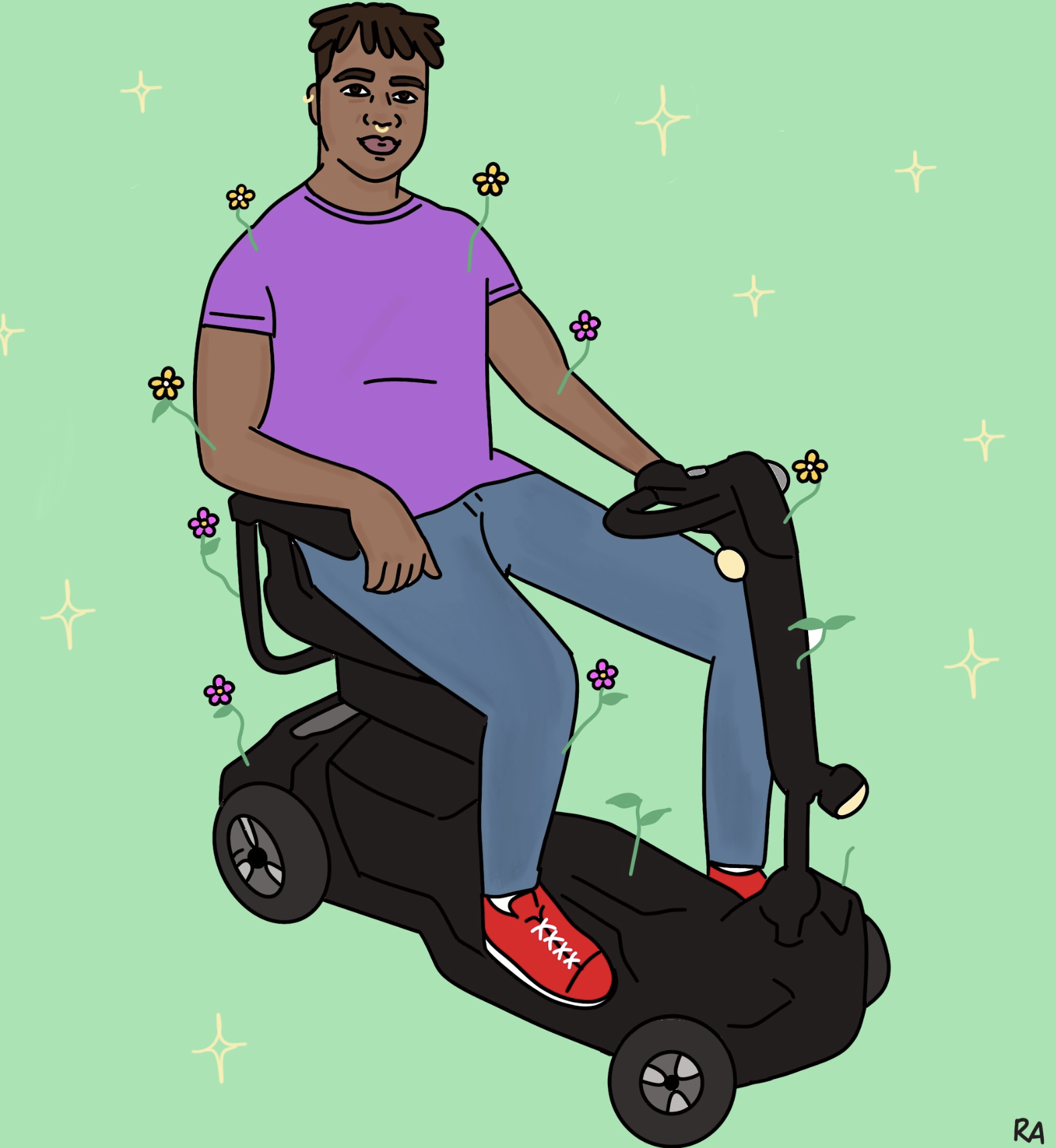
- Teacher: Rafe McCullough
- Teacher: Jeffrey Christensen
- Teacher: Jeffrey Christensen
- Teacher: Jeffrey Christensen
- Teacher: Amy Rees
- Teacher: Amy Rees
- Teacher: Jeffrey Christensen
- Teacher: Jeffrey Christensen
- Teacher: Jeffrey Christensen
- Teacher: Jeffrey Christensen
- Teacher: Stella Kerl-Mcclain
- Teacher: Counseling Psychology
- Teacher: Amy Rees
- Teacher: Amy Rees
- Teacher: Cort Dorn-Medeiros
- Teacher: Amy Rees
- Teacher: Cort Dorn-Medeiros
- Teacher: Alexia Deleon
- Teacher: Amy Rees
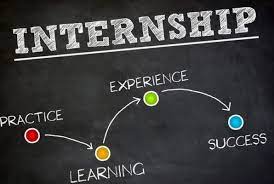
- Teacher: Alexia Deleon
Internship in a community setting. Participants, engage in counseling and related professional, activities under supervision. Students write, reports, prepare case histories, and submit work, samples for supervisory review.
- Teacher: Alexia Deleon
- Teacher: Jeffrey Christensen
- Teacher: Cort Dorn-Medeiros
- Teacher: Cort Dorn-Medeiros
- Teacher: Jeffrey Christensen
- Teacher: Jeffrey Christensen
- Teacher: Jeffrey Christensen
- Teacher: Jeffrey Christensen
- Teacher: Jeffrey Christensen
engage in counseling and related professional
activities under supervision. Students write
reports, prepare case histories, and submit work
samples for supervisory review.
- Teacher: Jeffrey Christensen

- Teacher: Alexia Deleon
- Teacher: Cort Dorn-Medeiros
- Teacher: Alexia Deleon
- Teacher: Jeffrey Christensen
- Teacher: Jeffrey Christensen
- Teacher: Cort Dorn-Medeiros
- Teacher: Amy Rees
- Teacher: Cort Dorn-Medeiros
- Teacher: Cort Dorn-Medeiros
- Teacher: Alexia Deleon
- Teacher: Amy Rees
- Teacher: Justin Henderson
engage in counseling and related professional
activities under supervision. Students write
reports, prepare case histories, and submit work
samples for supervisory review.
- Teacher: Justin Henderson
- Teacher: Jeffrey Christensen
- Teacher: Amy Rees
- Teacher: Cort Dorn-Medeiros

engage in counseling and related professional
activities under supervision. Students write
reports, prepare case histories, and submit work
samples for supervisory review.
- Teacher: Alexia Deleon
- Teacher: Cort Dorn-Medeiros
- Teacher: Jeffrey Christensen
- Teacher: Amy Rees

engage in counseling and related professional
activities under supervision. Students write
reports, prepare case histories, and submit work
samples for supervisory review.
- Teacher: Alexia Deleon
- Teacher: Nori Gruber

- Teacher: Nori Gruber

engage in counseling and related professional
activities under supervision. Students write
reports, prepare case histories, and submit work
samples for supervisory review.
- Teacher: Nori Gruber
- Teacher: Amy Rees
- Teacher: Cort Dorn-Medeiros
- Teacher: Jeffrey Christensen
- Teacher: Antonia Mueller
- Teacher: Antonia Mueller
engage in counseling and related professional
activities under supervision. Students write
reports, prepare case histories, and submit work
samples for supervisory review.
- Teacher: Cort Dorn-Medeiros
- Teacher: Justin Henderson
- Teacher: Justin Henderson
- Teacher: Alexia Deleon
- Teacher: Stella Kerl-Mcclain
- Teacher: Stella Kerl-Mcclain
- Teacher: Jeffrey Christensen
- Teacher: Amy Rees
- Teacher: Amy Rees
- Teacher: Amy Rees
engage in counseling and related professional
activities under supervision. Students write
reports, prepare case histories, and submit work
samples for supervisory review.
- Teacher: Amy Rees
Internship in a community setting. Participants, engage in counseling and related professional, activities under supervision. Students write, reports, prepare case histories, and submit work, samples for supervisory review.
- Teacher: Alexia Deleon
- Teacher: Amy Rees
- Teacher: Alexia Deleon
engage in counseling and related professional
activities under supervision. Students write
reports, prepare case histories, and submit work
samples for supervisory review.
- Teacher: Amy Rees
- Teacher: Amy Rees
- Teacher: Stella Kerl-Mcclain
- Teacher: Stella Kerl-Mcclain
- Teacher: Stella Kerl-Mcclain
- Teacher: Stella Kerl-Mcclain
- Teacher: Jeffrey Christensen
- Teacher: Cort Dorn-Medeiros
- Teacher: Stella Kerl-Mcclain
- Teacher: Stella Kerl-Mcclain
engage in counseling and related professional
activities under supervision. Students write
reports, prepare case histories, and submit work
samples for supervisory review.
- Teacher: Amy Rees
- Teacher: Amy Rees
engage in counseling and related professional
activities under supervision. Students write
reports, prepare case histories, and submit work
samples for supervisory review.
- Teacher: Jeffrey Christensen
- Teacher: Jeffrey Christensen
- Teacher: Jeffrey Christensen
- Teacher: Jeffrey Christensen

- Teacher: Alexia Deleon
- Teacher: Jeffrey Christensen
- Teacher: Cort Dorn-Medeiros
- Teacher: Jeffrey Christensen
- Teacher: Jeffrey Christensen
- Teacher: Jeffrey Christensen
- Teacher: Jeffrey Christensen
- Teacher: Alexia Deleon
- Teacher: Alexia Deleon
- Teacher: Jeffrey Christensen
- Teacher: Jeffrey Christensen
- Teacher: Cort Dorn-Medeiros
- Teacher: Amy Rees
- Teacher: Alexia Deleon
- Teacher: Justin Henderson
- Teacher: Jeffrey Christensen
- Teacher: Amy Rees

engage in counseling and related professional
activities under supervision. Students write
reports, prepare case histories, and submit work
samples for supervisory review.
- Teacher: Alexia Deleon
- Teacher: Jeffrey Christensen
- Teacher: Amy Rees
engage in counseling and related professional
activities under supervision. Students write
reports, prepare case histories, and submit work
samples for supervisory review.
- Teacher: Alexia Deleon

- Teacher: Nori Gruber

engage in counseling and related professional
activities under supervision. Students write
reports, prepare case histories, and submit work
samples for supervisory review.
- Teacher: Nori Gruber
- Teacher: Justin Henderson
- Teacher: Tod Sloan
career development to the professional development
of counselors in a variety of roles and settings.
Administration, supervision, consultation, and
other career-related opportunities for
professional mental health counselors will be
explored.
- Teacher: Krystal Marcinkiewicz
- Teacher: Cort Dorn-Medeiros
- Teacher: Kate Madden
- Teacher: Kate Madden
career development to the professional development
of counselors in a variety of roles and settings.
Administration, supervision, consultation, and
other career-related opportunities for
professional mental health counselors will be
explored.
- Teacher: Krystal Marcinkiewicz
- Teacher: Cort Dorn-Medeiros
- Teacher: Cort Dorn-Medeiros
- Teacher: Mark Douglass

- Teacher: Alexia Deleon
- Teacher: Justin Henderson
- Teacher: Kate Madden

career development to the professional development
of counselors in a variety of roles and settings.
Administration, supervision, consultation, and
other career-related opportunities for
professional mental health counselors will be
explored.
- Teacher: Alexia Deleon
- Teacher: Justin Henderson
- Teacher: Mark Douglass
- Teacher: Mark Douglass
beginning skills in the use of specific
strategies, procedures, and interventions in
assessment, diagnosis, and treatment of substance
abuse and addictive disorders. Topics include
multiple modes and models of assessment,
intervention and treatment, content and basic
assumptions of different treatment modalities,
organization of comprehensive treatment
strategies, motivational interviewing in the
context of stages-of-change models, contracting
with clients, consultation, integration of medical
and psychosocial treatments, referral processes
and standards, issues of moderation versus
abstinence, relapse prevention, and case
management. Also covers documentation, record
keeping and management, confidentiality, and
ethical and legal issues.
- Teacher: Mark Douglass
- Teacher: Mark Douglass
- Teacher: Mark Douglass
- Teacher: Autumn Simmons
- Teacher: Mark Douglass
- Teacher: Jeffrey Christensen
- Teacher: Jeffrey Christensen
- Teacher: Jeffrey Christensen
Sight-reading, study, and performance of music, representing diverse jazz styles arranged for, combos. Rehearse and perform quality compositions, and arrangements. Opportunities for solo, improvisation, development of ensemble skills. May, be repeated for credit.
- Teacher: Daniel Balmer
doing ethnographic fieldwork in Portland music
scenes. Topics unfold over three stages. First, a
prefield introduction to research design,
politics, and ethics. Second, an infield focus on
skill sets for participating in, observing, and
documenting the social life of a music-centered
scene. Third, a postfield emphasis on
relationships, rights, responsibilities, and
representational strategies. In class, we discuss
readings from anthropology, ethnomusicology,
sociology, performance studies, and folklore,
along with individual work in progress.
- Teacher: Kaley Mason
- Teacher: Kaley Mason
- Teacher: Kaley Mason
- Teacher: Timothy McCrory
- Teacher: Eve Bernfeld
- Teacher: John Knight
- Teacher: James Proctor
- Teacher: Cynthia Parent
- Teacher: Cynthia Parent
- Teacher: Bruce Read
- Teacher: Joe Yuska
- Teacher: Michael Machado
- Teacher: Kaycie Dunkerley
- Teacher: Erin Labasan
- Teacher: Scott Serpas
- Teacher: Scott Serpas
- Teacher: Randin Rector
- Teacher: Randin Rector
- Teacher: William Irwin
- Teacher: James Tursi
- Teacher: Phalkun Mam

- Teacher: Scott Serpas
- Teacher: Eve Bernfeld
- Teacher: Isabel Valentine
- Teacher: Matthew Kosderka
- Teacher: Angela Dendas-Pleasant
- Teacher: Alia Pearlson
- Teacher: Alia Pearlson
- Teacher: Chloe Dewolf-Domingo
- Teacher: Chloe Dewolf-Domingo
- Teacher: Haley Endres
- Teacher: Taiisha Dendas-Pleasant

introductory physics course aimed at life science
and chemistry majors. Electrostatics, magnetism,
induced currents and fields, electrical circuits,
wave motion and sound, light, optics, wave
properties of matter, atomic physics, nuclear
physics. Students may not earn credit for both
PHYS 142 and PHYS 152. Lecture, lab.
- Teacher: Matthew Powell
imaging techniques used in science and medicine
and explores some of the physics underlying these
techniques. Concepts are explored through
lectures, readings, and hands-on, out-of-class
activities. Elementary concepts from fields of
physics including electromagnetism, optics, and
modern physics are used to explain microscopy,
endoscopy, ultrasound, CAT scans, and magnetic
resonance imaging.
- Teacher: Bethe Scalettar
- Teacher: Bethe Scalettar
- Teacher: Bethe Scalettar
- Teacher: Bethe Scalettar
comparative politics. Fundamental differences in
the organization of states, democratic political
institutions (presidentialism versus
parliamentarianism, for example), and domestic
social forces (for example, social capital, ethnic
versus nonethnic identities). The impact of
political organization on economic performance and
social peace.
- Teacher: Ben Gaskins
- Teacher: Ben Gaskins
- Teacher: Ben Gaskins
comparative politics. Fundamental differences in
the organization of states, democratic political
institutions (presidentialism versus
parliamentarianism, for example), and domestic
social forces (for example, social capital, ethnic
versus nonethnic identities). The impact of
political organization on economic performance and
social peace.
- Teacher: Ben Gaskins
- Teacher: Ben Gaskins
- Teacher: Ben Gaskins
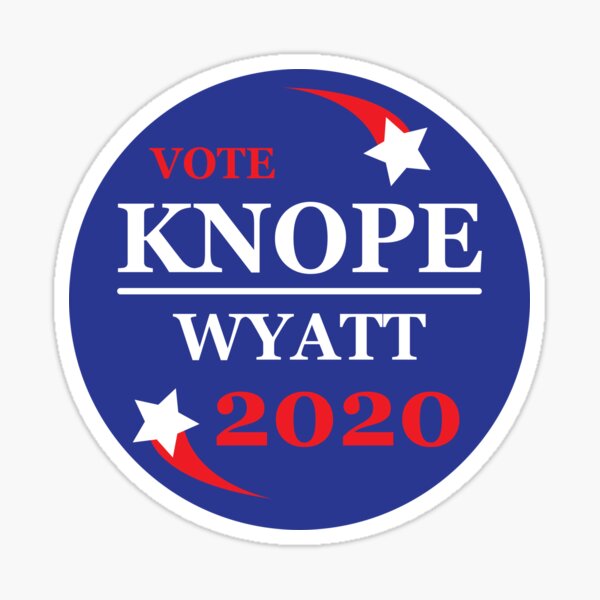
within and among the executive, legislative, and
judicial branches; the federal division of
institutionalized powers; public opinion, interest
groups, and political parties; the policy process
in areas such as defense, welfare, civil rights
and liberties, and international affairs.
- Teacher: Todd Lochner
within and among the executive, legislative, and
judicial branches; the federal division of
institutionalized powers; public opinion, interest
groups, and political parties; the policy process
in areas such as defense, welfare, civil rights
and liberties, and international affairs.
- Teacher: Ben Gaskins
- Teacher: Ben Gaskins
- Teacher: Ben Gaskins

- Teacher: Todd Lochner
- Teacher: Ben Gaskins
- Teacher: Ben Gaskins
- Teacher: Ben Gaskins
- Teacher: Ben Gaskins
- Teacher: Ben Gaskins
- Teacher: Ben Gaskins
- Teacher: Ben Gaskins
- Teacher: Ben Gaskins
- Teacher: Todd Lochner
- Teacher: Todd Lochner

- Teacher: Todd Lochner
various concepts of executive power throughout the
19th and 20th centuries. The dynamics of the
presidency and the extent to which one person can
be held responsible for expanded responsibilities.
The organizational models and practices of
20th-century presidents. Other branches of
government examined to illuminate the functioning
and malfunctioning of the executive branch.
- Teacher: Ben Gaskins
- Teacher: Ben Gaskins
- Teacher: Ben Gaskins
system. The equal protection concept of voting
rights, particularly the "one person, one vote"
rule and the Voting Rights Act, and federal
campaign-finance regulation. Additional topics
include the constitutional rights of political
parties and the law relating to ballot
propositions. Discussion of descriptive and
normative issues. This course is taught at the law
school.
- Teacher: Todd Lochner
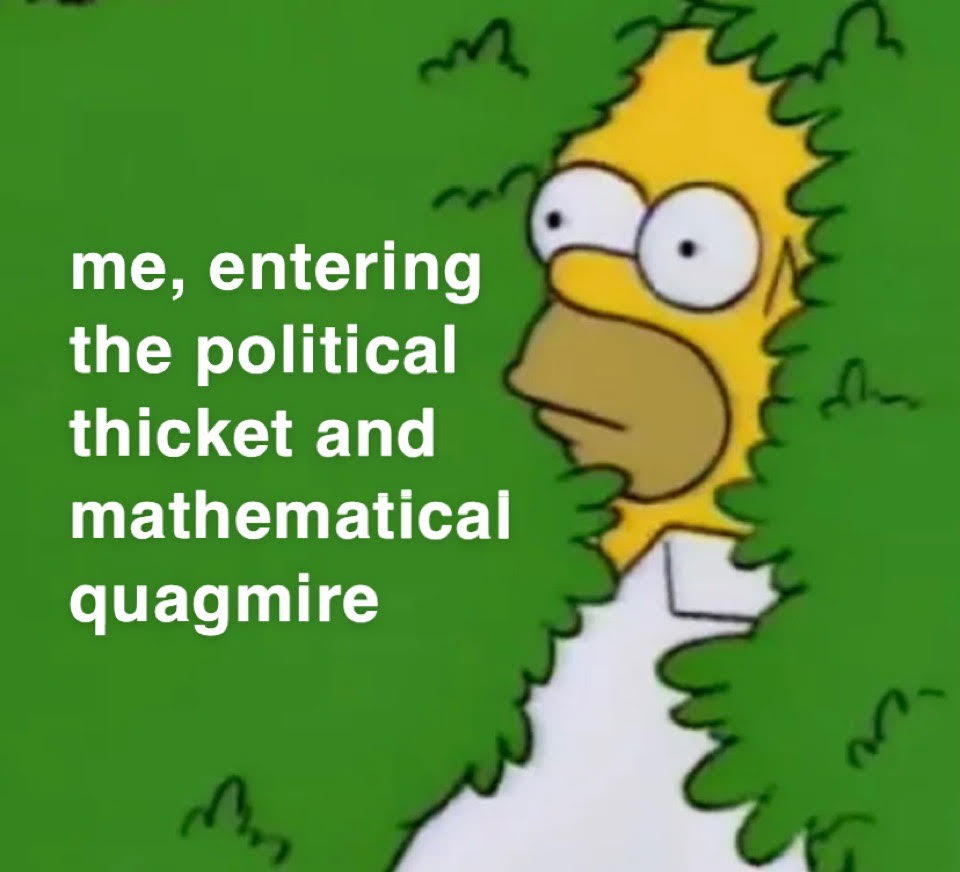
- Teacher: Todd Lochner
- Teacher: Todd Watson
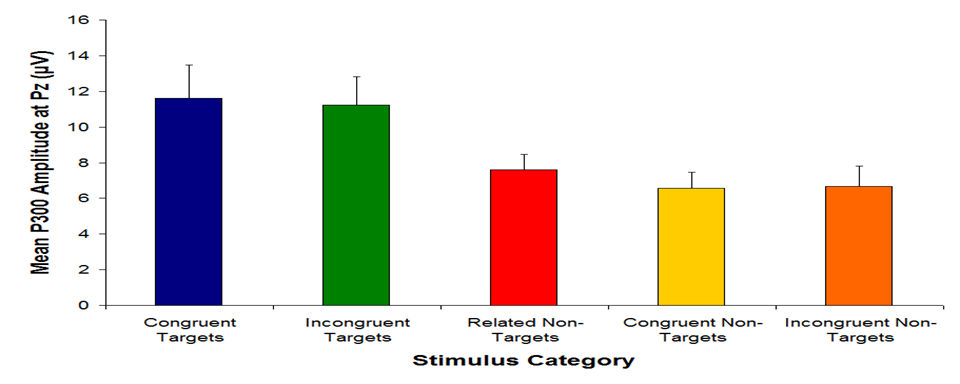
Important Note: You can’t earn credit for BOTH Psy 200 and AP/IB statistics.
- Teacher: Todd Watson
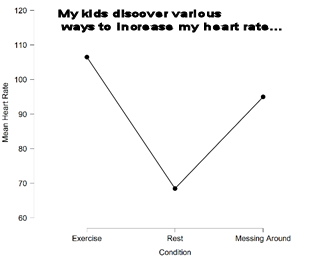
- Teacher: Todd Watson
- Teacher: Todd Watson

Credit may not be earned for both, this course and AP statistics.
- Teacher: Todd Watson

You can't earn credit for both Psy 200 and AP/IB Statistics
- Teacher: Todd Watson

- Teacher: Todd Watson
- Teacher: Erik Nilsen
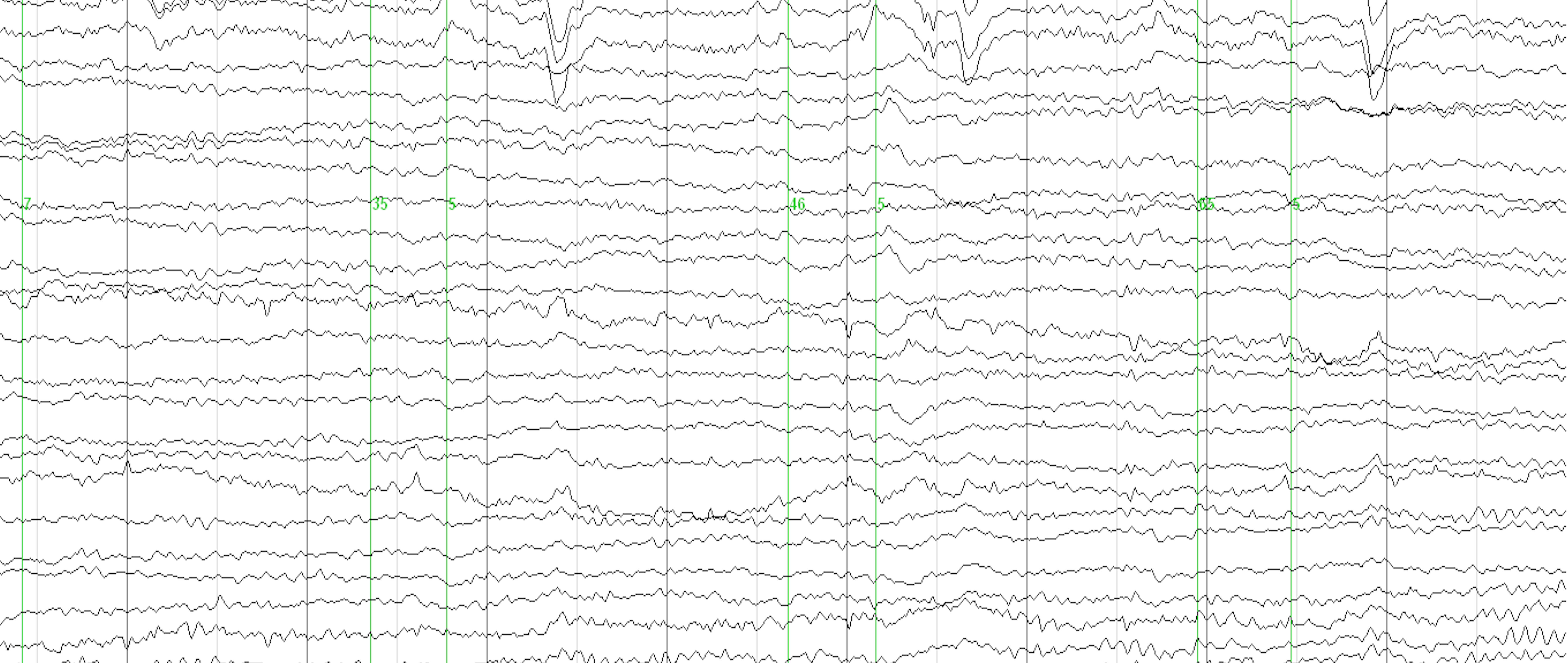
Basic properties of neurons, neurotransmitters,
and the basic anatomy of the nervous system.
Emphasis on the brain's role in such functions as
sensation, emotion, language, learning and
memory, sexual behavior, sleep, motivation. The
biological bases of abnormal conditions, such as
affective disorders, amnesia, learning disorders.
Students who have received credit for PSY/BIO 252
should not enroll in this course. Not open to
students with previous credit in PSY 350 or PSY
355.
- Teacher: Todd Watson
- Teacher: Todd Watson
- Teacher: Sarina Saturn
Basic properties of neurons, neurotransmitters,
and the basic anatomy of the nervous system.
Emphasis on the brain's role in such functions as
sensation, learning and memory, sleep, motivation. The
biological bases of abnormal conditions, such as
affective disorders, amnesia, learning disorders.
Students who have received credit for PSY/BIO 252
should not enroll in this course. Not open to
students with previous credit in PSY 350 or PSY
355.
- Teacher: Lauren Thompson
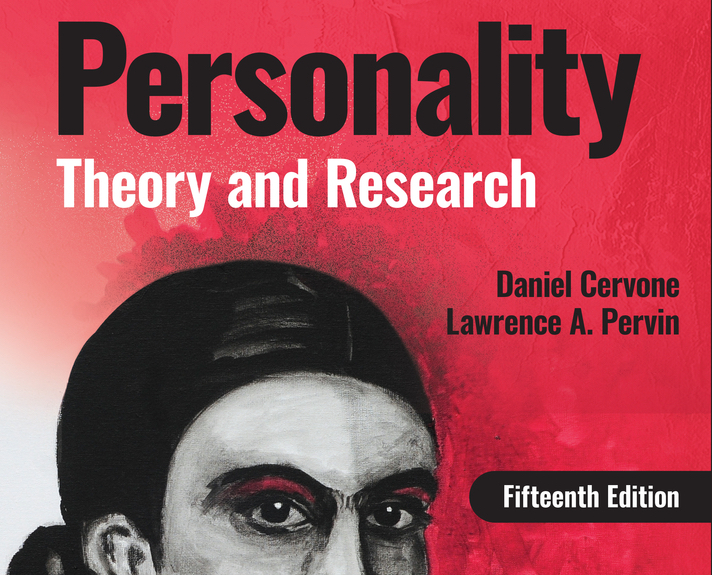
The study of personality is an endeavor to understand the theory and research about human nature, individuality, and important psychological similarities and differences among people. This course will cover issues in defining personality; historical events and perspectives; major theories of personality, including psychoanalytic, humanistic, trait, social learning, existential, cognitive, and other perspectives; and current topics in personality research.
- Teacher: Kate Schoeneman
Examination of topics in psychology from a
multicultural, multiethnic perspective, with
special emphasis on cultural influence on research
methods, self-concept, communication, emotion,
social behavior, development, mental health.
Cultural variation, how culture shapes human
behavior, and psychological theories and practices
in different cultures.
- Teacher: Nichole Champion
- Teacher: Diana Leonard
- Teacher: Yueping Zhang
Project-based exploration of the processes for
creating technologies that expand human capability
(functionality) while adapting to the abilities of
users (usability). HCI topics including cognition,
perception, personality, learning, and motivation,
as well as social, developmental, abnormal, and
educational psychology studied from a
psychological perspective. Primary source
materials from the fields of psychology, computer
science, and allied disciplines.
- Teacher: Erik Nilsen
- Teacher: Erik Nilsen
- Teacher: Erik Nilsen
- Teacher: Nadia Boria
- Teacher: Erin Ocon
- Teacher: Bitsy Parks
- Teacher: Leigh Vonderahe
- Teacher: Erin Ocon
- Teacher: Bitsy Parks
- Teacher: Erin Ocon
- Teacher: Bitsy Parks
- Teacher: Nadia Boria
- Teacher: Michelle Doyle
- Teacher: Erin Ocon
- Teacher: Renee Laney
- Teacher: Bitsy Parks
- Teacher: Erin Ocon
- Teacher: Leigh Vonderahe
American religions, and American popular culture;
how food is incorporated into formal religious
rituals such as the Eucharist or fasting; how
cooking, communal eating, and food practices are
part of the more informal religious culture of
religious communities. Also, consideration of
whether eating and food have taken on religious
meaning within American culture as a whole, using
the Northwest as a focus.
- Teacher: Susanna Morrill
- Teacher: Susanna Morrill
- Teacher: Susanna Morrill
- Teacher: Susanna Morrill
- Teacher: Susanna Morrill
- Teacher: Susanna Morrill
- Teacher: Susanna Morrill
- Teacher: Daniel Kimmel
- Teacher: Jessica Starling
- Teacher: Paul Powers
- Teacher: Paul Powers
- Teacher: Paul Powers
- Teacher: Paul Powers
societies from their origins in seventh-century
Arabia to their complex current expressions
throughout the world. The Qur'an; the Prophet
Muhammad; ritual practice; law; politics; gender
roles/relations. The many debates and voices of
dissent that have helped define the varieties of
Islamic culture. Focus on the Middle East/North
Africa will be supplemented by attention to other
contexts, including America.
- Teacher: Paul Powers
- Teacher: Paul Powers
practices, institutions, values, and cultural
patterns have influenced movements for political
and social change in modern(-izing) contexts.
Survey of premodern precursors of modern activism
(e.g., Kharijites, early Shi'a, Wahhabism);
19th-century European colonial incursions that
sparked resistance movements and efforts to
reformulate Muslim civilization in response;
20th-century contestation over how to shape
emergent postcolonial Muslim societies. Focus on
MENA region with attention to non-Muslim-majority
societies, including America.
- Teacher: Paul Powers
- Teacher: Susanna Morrill
resurgence in a supposedly secularizing world.
Focus on the historical, theological, social, and
political aspects of Christian and Islamic
fundamentalism. Themes include secularization
theories and their critics; changing
understandings of religion and modernity;
connections among religion, politics, violence,
sexuality/gender, and identity.
- Teacher: Paul Powers
- Teacher: Paul Powers
- Teacher: Benjamin Mann
communication processes (e.g., social support,
uncertainty management, privacy management,
conflict, deception). Influence of new media on
these processes, impact of communication media on
identities, relationships, and communities.
- Teacher: Benjamin Mann
- Teacher: Daena Goldsmith
- Teacher: Benjamin Mann
communication processes (e.g., social support,
uncertainty management, privacy management,
conflict, deception). Influence of new media on
these processes, impact of communication media on
identities, relationships, and communities.
- Teacher: Benjamin Mann
- Teacher: Daena Goldsmith

- Teacher: Bryan Sebok
- Teacher: Melanie Kohnen
- Teacher: Melanie Kohnen
- Teacher: Melanie Kohnen
- Teacher: Mitch Reyes
Welcome to LC! You will find all the tasks you need to complete over the summer and be able to track them here before you arrive on campus.
- Teacher: Robin Jarecki
- Teacher: Katie McFaddin
- Teacher: Tatiana Osipovich
- Teacher: Anna Gonzalez
- Teacher: Anna Gonzalez
- Teacher: Anna Gonzalez
- Teacher: Tim Cook
- Teacher: Tim Cook
- Teacher: Tim Cook
- Teacher: Tim Cook
students to financial, economic, and budgetary
issues within Higher Education with particular
emphasis on student affairs. Students will review
the primary political, economic, and social issues
influencing higher education finance; examine
revenue streams and expenditure patterns; survey
tuition and financial aid policies; develop the
ability to examine and analyze financial
information; and assess the budget as an
instrument of strategic planning, resource
allocation, and control. This course is grounded
in literature, theories, and examples specific to
higher education. The goal for this class is to
provide students with the knowledge and abilities
that empower them to make appropriate decisions as
higher education leaders. Through assigned
readings, lectures, and webcast materials, and by
active course participation, including completion
of assigned activities, students will have the
opportunity to demonstrate their familiarity with
the following topics: financing higher education;
political influences; higher education revenue
sources and uses; and institutional budgeting and
planning.
- Teacher: Tim Cook
- Teacher: Anna Gonzalez
- Teacher: Anna Gonzalez
- Teacher: Danielle Torres
- Teacher: Danielle Torres
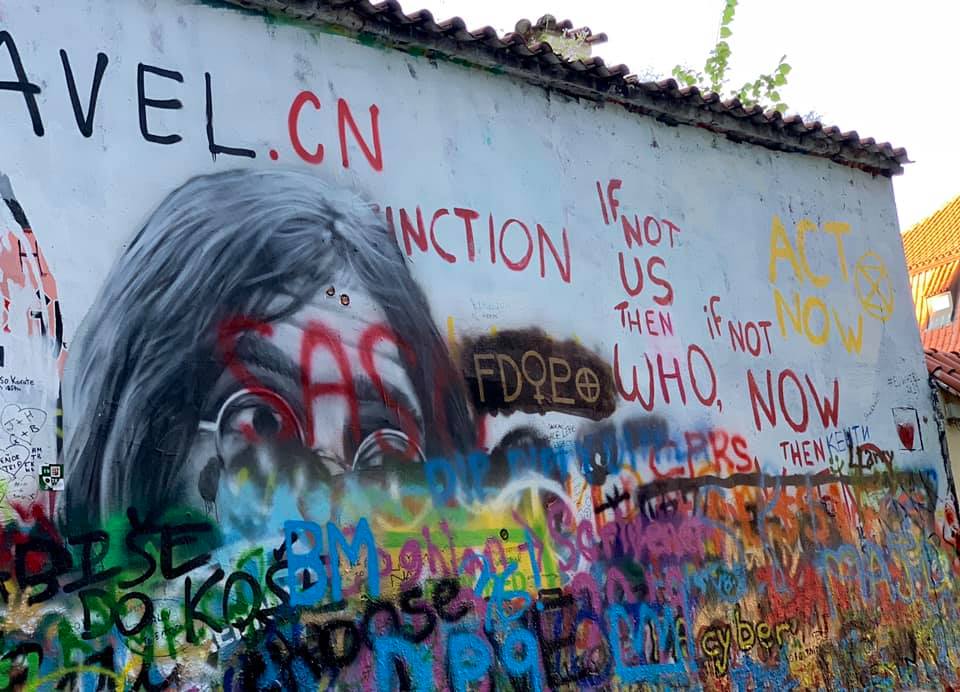
- Teacher: Tamara Tribitt

- Teacher: Tamara Tribitt
- Teacher: Danielle Torres

- Teacher: Tamara Tribitt
- Teacher: Danielle Torres
- Teacher: Danielle Torres
- Teacher: Danielle Torres

- Teacher: Tamara Tribitt
- Teacher: Danielle Torres

diverse communities as identified by race,
ethnicity, gender, class, sexual orientation, age,
disability, or religion. Addresses methods for
positively impacting social and cultural diversity
and equity issues including the possible effects
of culture, race stereotyping, family,
socioeconomic status, gender, sexual identity,
language, and values on student development and
progress in the school setting. Content and
methodology emphasize small-group activities,
collaboration, and use of data to create equity
for all students. Candidates practice taking an
active role in supporting all students and focus
on eliminating the achievement gap.
- Teacher: Tamara Tribitt
- Teacher: Tianka Pharaoh
- Teacher: Tianka Pharaoh
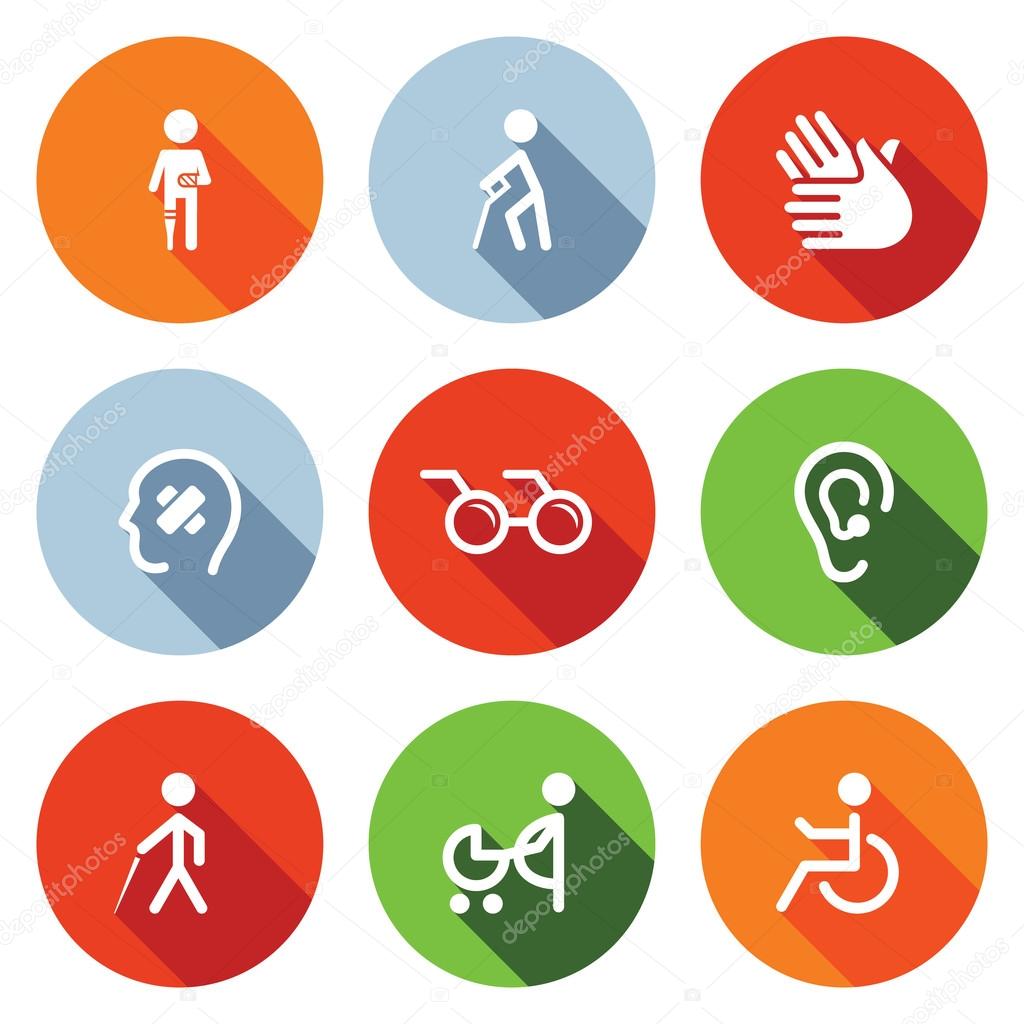
opportunity to develop awareness of social,
cultural, and political histories of disability,
and to develop a nuanced understanding of the
meanings and consequences of how disability is
defined, constructed, and represented in society.
Emphasis will be placed on challenging and
countering hegemonic narratives of disability,
especially the view that disabled individuals are
somehow defective or deficient in some way and
need to be "fixed". Students will be encouraged to
develop awareness of their own ableism, identify
various models of disability, and learn skills and
strategies for effective and affirmative
counseling with youth and adults with
disabilities.
- Teacher: Tamara Tribitt
- Teacher: Rafe McCullough
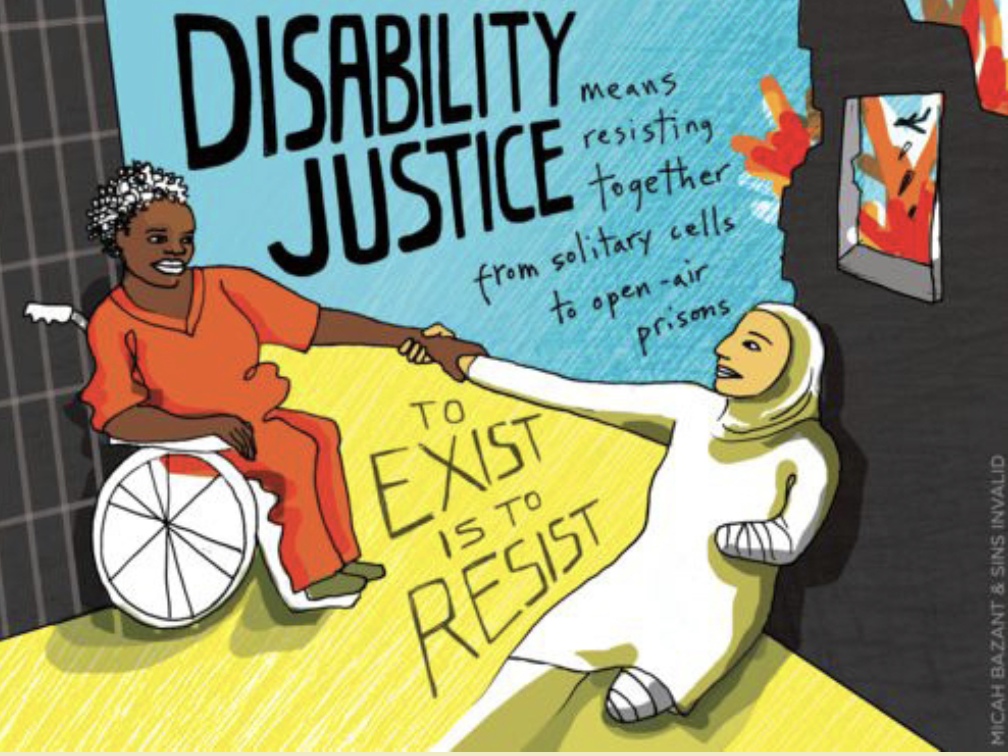
opportunity to develop awareness of social,
cultural, and political histories of disability,
and to develop a nuanced understanding of the
meanings and consequences of how disability is
defined, constructed, and represented in society.
Emphasis will be placed on challenging and
countering hegemonic narratives of disability,
especially the view that disabled individuals are
somehow defective or deficient in some way and
need to be "fixed". Students will be encouraged to
develop awareness of their own ableism, identify
various models of disability, and learn skills and
strategies for effective and affirmative
counseling with youth and adults with
disabilities.
- Teacher: Rafe McCullough
- Teacher: Rafe McCullough
- Teacher: Tianka Pharaoh
- Teacher: Tianka Pharaoh
provide school counseling candidates 100 hours of
direct experience in a K-12 school setting working
with students and staff. Under the direction of
the site supervisor/licensed school counselor, the
candidate will support a small caseload of
students, continue to develop conceptual and
professional skills related to their
transformative school counseling practice, engage
in a variety of counseling program interventions
and activities, provide individualized support for
students and staff, and attend a variety of school
counseling program activities. The counseling
practicum weekly course is designed as a
supervisory experience integrating theory and
research at the school placement site. Weekly
supervision will provide: support, feedback, case
review, case conceptualization, video review, role
play, continuation of skill development/practice,
and opportunities for reflective inquiry.
- Teacher: Tamara Tribitt
- Teacher: Tamara Tribitt

- Teacher: Tamara Tribitt
- Teacher: Tianka Pharaoh
- Teacher: Liza Finkel
- Teacher: Liza Finkel
- Teacher: Liza Finkel
- Teacher: Alfonso Garcia Arriola
- Teacher: Gabe Nagler

- Teacher: Bruce Podobnik

- Teacher: Bruce Podobnik
FALL 2021: SOAN 110-01 INTRODUCTION TO CULTURAL ANTHROPOLOGY
MWF @ 9:10 – 10:10am, Miller Center, Room 205
COURSE INTRO: Anthropology is a four-field discipline, but cultural anthropology is the study of lived human experience as it is represented in and by symbolic, material, and virtual culture. Anthropologists, attend closely to everyday relationships between individuals and their immediate communities. Yet, we also study culture in the context of globalization because few individuals or particular cultural formations are isolated (or ever have been!) from broader political, market, and technological shifts. We have some standard and evolving methodological tools to facilitate our research and involvements in . Thus, anthropologists also study the varied forms of structural power that marshal the world’s inhabitants—human and otherwise—into complex networks! Our pace for this class is moderate.
- Teacher: Kim Cameron-Dominguez
- Teacher: Kim Cameron-Dominguez
- Teacher: Sarah Warren
- Teacher: Sarah Warren
- Teacher: Sarah Warren
issues of bodily autonomy and human rights. With
emphasis on contemporary U.S. society, the course
will survey the medicalization of birth, the
spectrum of birth work, and the rights of pregnant
and parenting people, acknowledging that
reproduction is an experience that goes beyond the
gender binary. The course centers scholarship and
narratives of historically marginalized
identities, particularly the sociocultural context
of Black/African American women in reproductive
politics. Reproductive justice is also a social
movement that seeks equity beyond birth through
the alleviation of social ills linked to
institutional racism and other mechanisms of
oppression, including heterosexism. This course
situates the body and reproductive experience as
one that is socially constructed and shaped by
social location (e.g., race, ethnicity, gender,
sexuality, class, citizenship status, age,
ability, or religion) to regulate bodily autonomy.
- Teacher: Jadee Carathers
issues of bodily autonomy and human rights. With
emphasis on contemporary U.S. society, the course
will survey the medicalization of birth, the
spectrum of birth work, and the rights of pregnant
and parenting people, acknowledging that
reproduction is an experience that goes beyond the
gender binary. The course centers scholarship and
narratives of historically marginalized
identities, particularly the sociocultural context
of Black/African American women in reproductive
politics. Reproductive justice is also a social
movement that seeks equity beyond birth through
the alleviation of social ills linked to
institutional racism and other mechanisms of
oppression, including heterosexism. This course
situates the body and reproductive experience as
one that is socially constructed and shaped by
social location (e.g., race, ethnicity, gender,
sexuality, class, citizenship status, age,
ability, or religion) to regulate bodily autonomy.
- Teacher: Jadee Carathers
- Teacher: Kabir Heimsath
- Teacher: Maryann Bylander

- Teacher: Bruce Podobnik
- Teacher: Kim Cameron-Dominguez
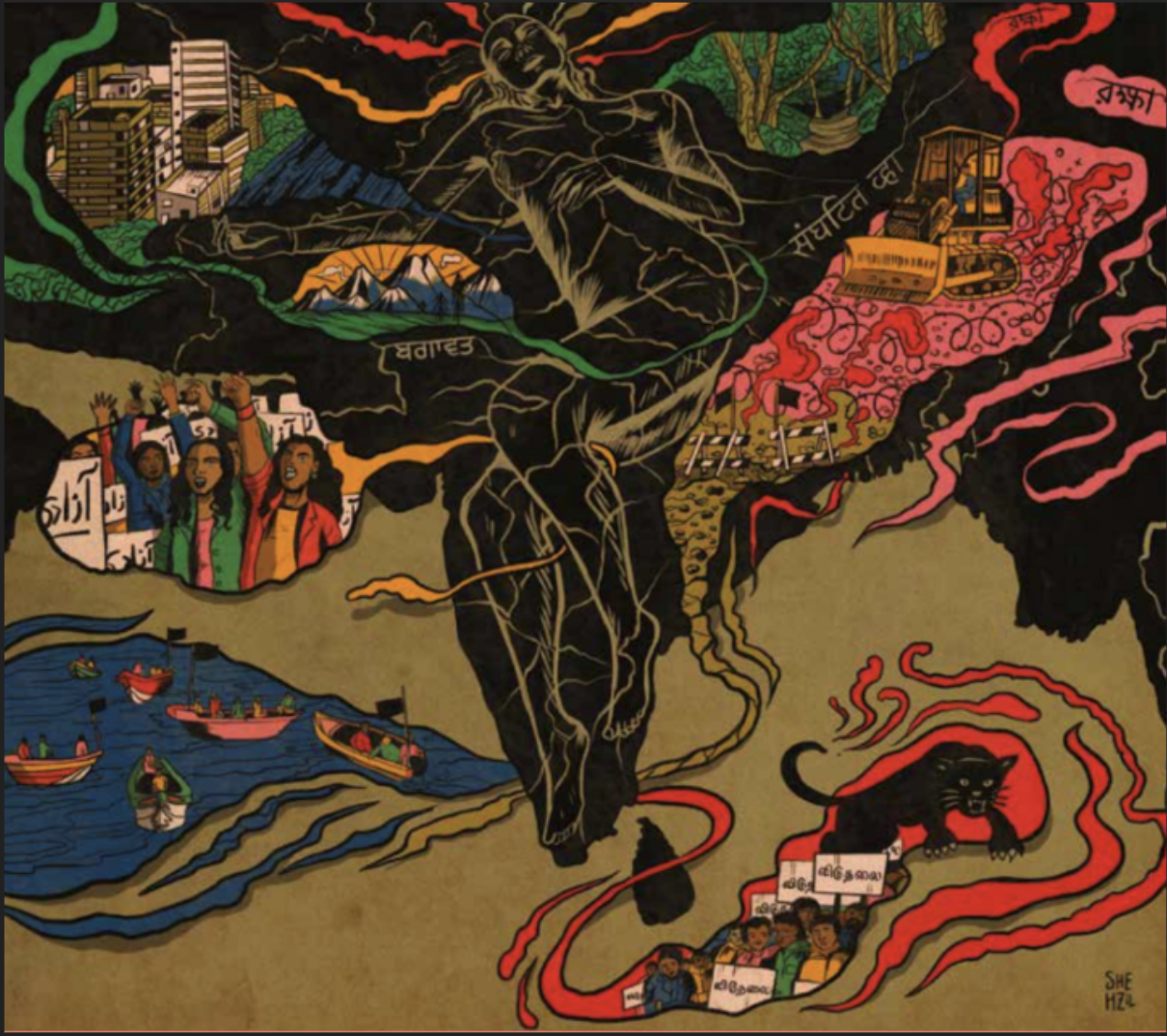
- Teacher: Sidra Kamran
- Teacher: Sepideh Bajracharya
- Teacher: Sepideh Bajracharya
- Teacher: Sepideh Bajracharya
- Teacher: Sepideh Bajracharya
- Teacher: Sepideh Bajracharya
- Teacher: Sepideh Bajracharya
- Teacher: Kim Cameron-Dominguez
Why do some people have more opportunities in life
than others? What produces power differentials
between people? Exploration of the structural
factors that produce inequality (such as class,
race, and gender); the material, cultural, and
affective dimensions of experiencing inequality;
and possible solutions to contemporary inequality.
- Teacher: Sidra Kamran
- Teacher: Maryann Bylander
- Teacher: Kim Cameron-Dominguez
- Teacher: Kim Cameron-Dominguez
- Teacher: Jennifer Cappalonga
- Teacher: Jennifer Cappalonga
- Teacher: Jennifer Cappalonga
- Teacher: Jennifer Kempf-Burkart
- Teacher: Renee Laney
- Teacher: Jennifer Cappalonga
- Teacher: Jennifer Cappalonga
- Teacher: Jennifer Cappalonga
- Teacher: Jennifer Cappalonga
Independent Study enables a student to pursue, in, collaboration with a faculty member, an academic, course not currently offered. To receive credit, for independent study, the student consults with, the faculty member before registration to define, the course content, title, amount of credit, and, academic evaluation. As a general rule, a graduate, student may apply no more than three courses of, independent study toward a graduate degree or, licensure.
- Teacher: Maika Yeigh
research as applied to the process of learning
and education, age birth to twenty-one. Emphasis
will be placed in the following areas: candidates
gaining knowledge to both differentiate and
integrate multiple theoretical views on
development; candidates gaining a better
conceptual understanding of commonalities and
differences in development; and, candidates
gaining a better practical understanding of how
to help children and adolescents address the
developmental challenges they face, particularly
in schools. In this course, child and adolescent
development will be viewed through theories and
research in the areas of interpersonal,
emotional, cultural, cognitive, and physical
development.
- Teacher: Andrea Dennison
- Teacher: Martha Gutierrez
- Teacher: James Alsip
- Teacher: Shanna Davis
- Teacher: Timothy Graham

- Teacher: Kate Schoeneman